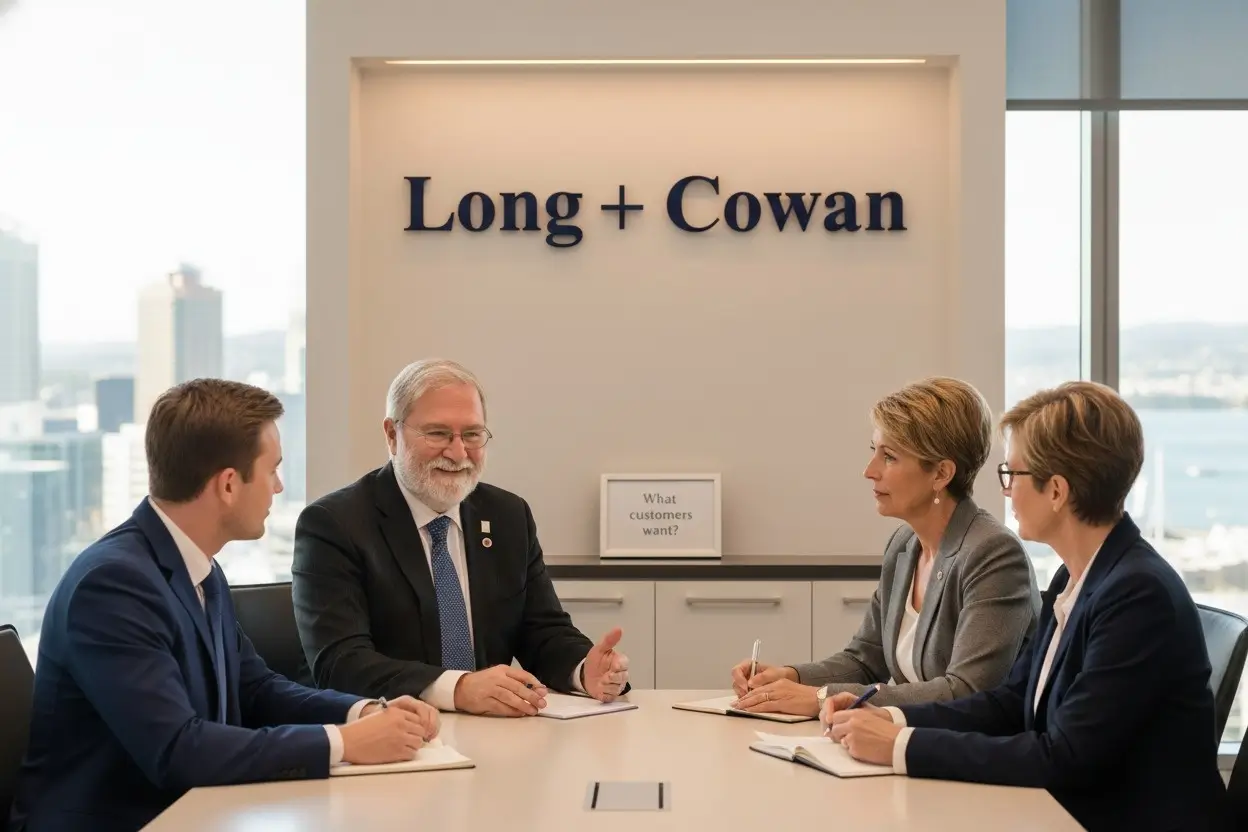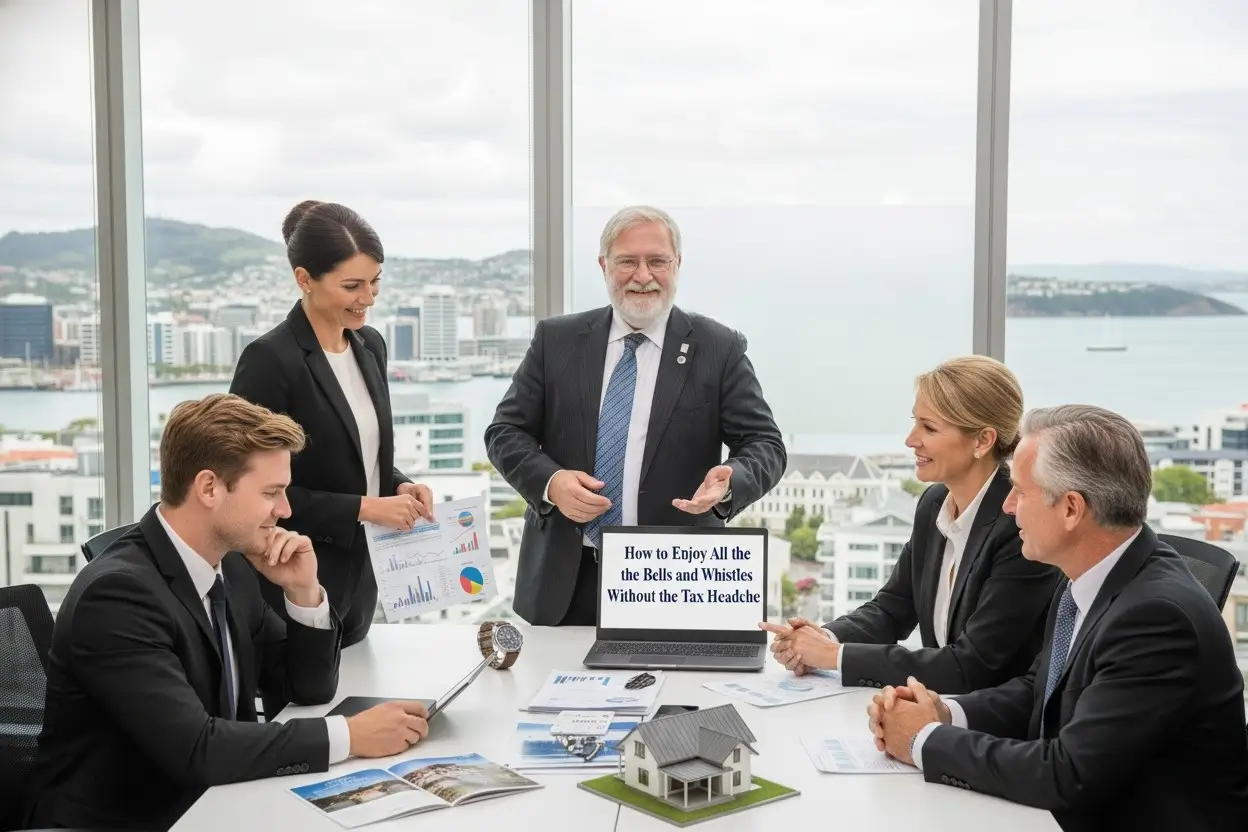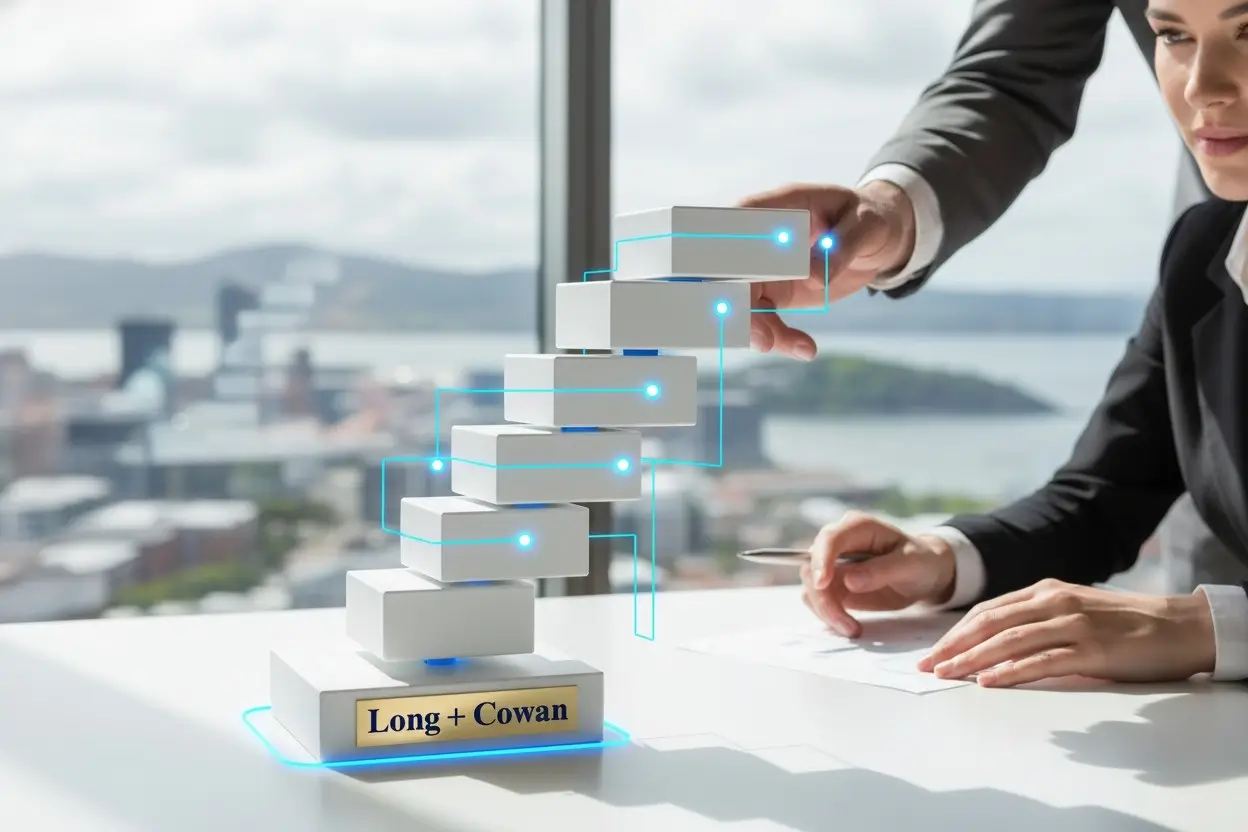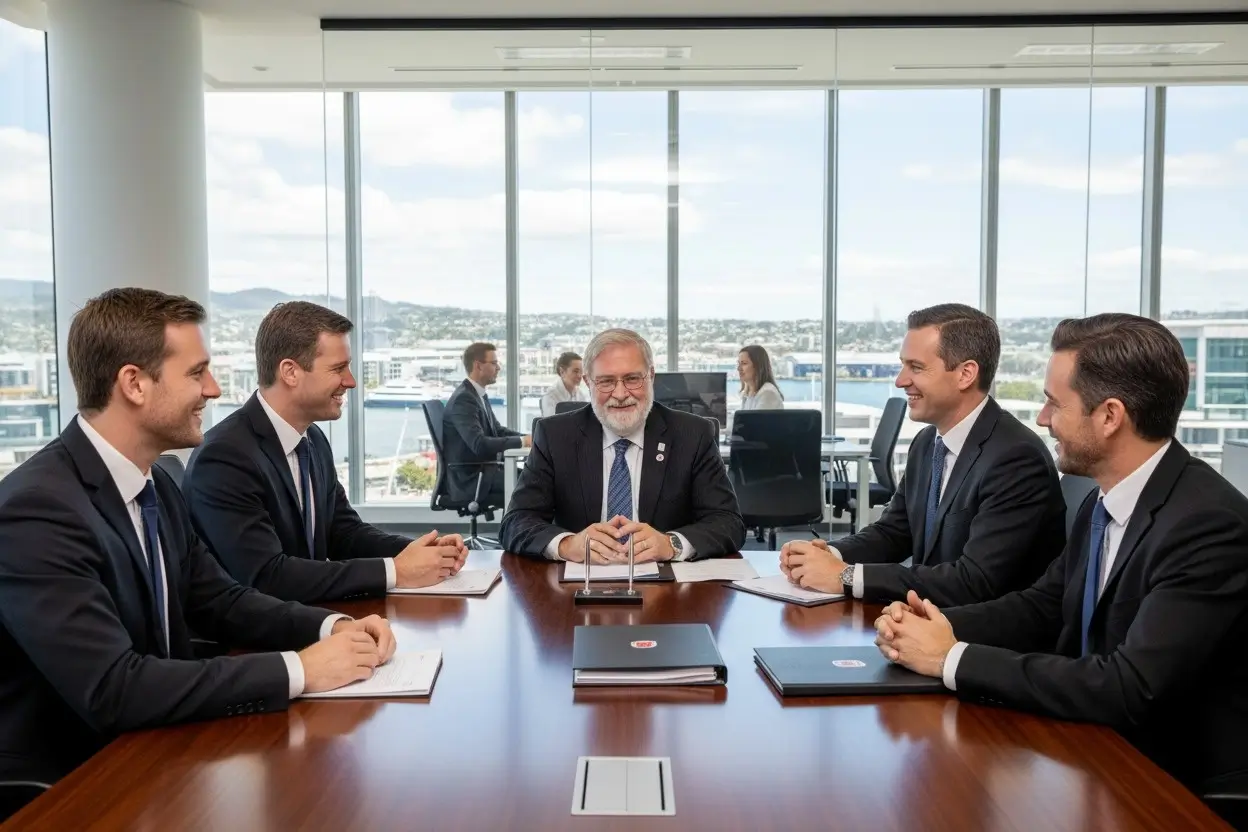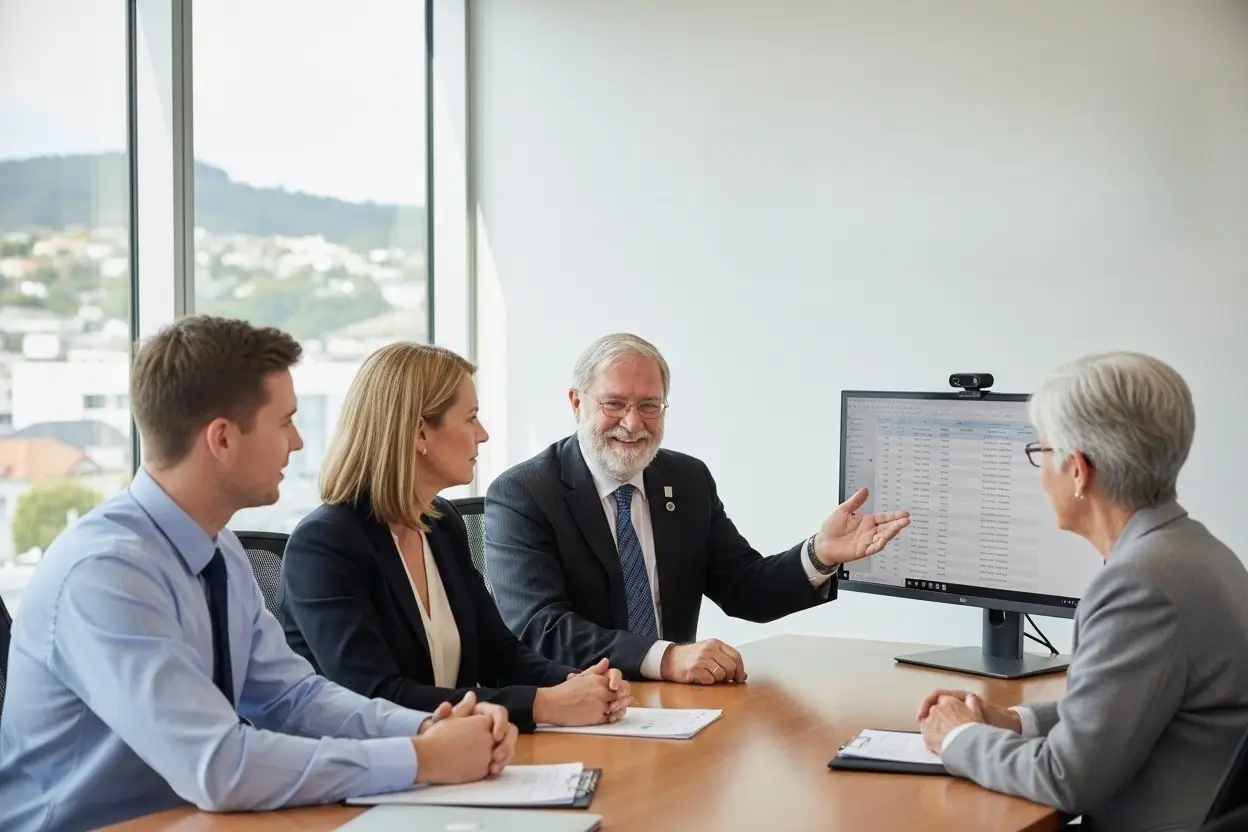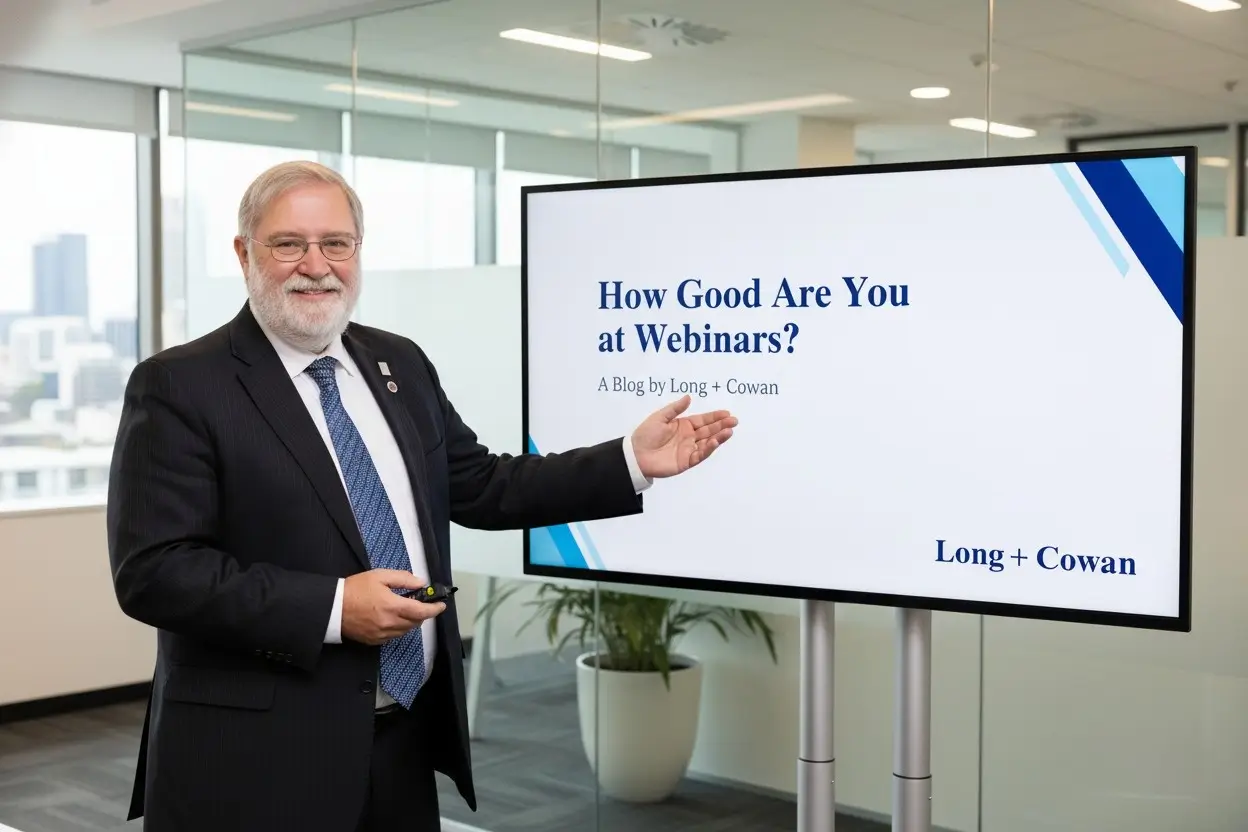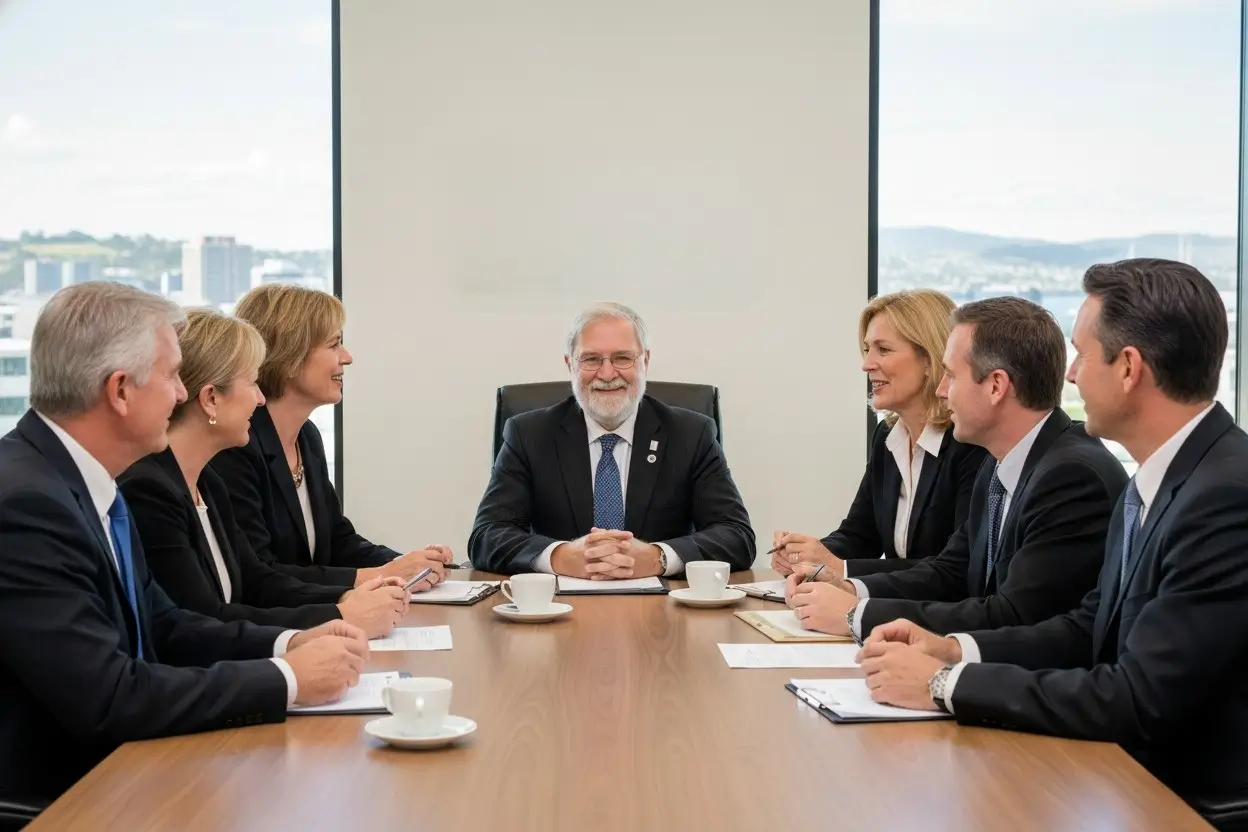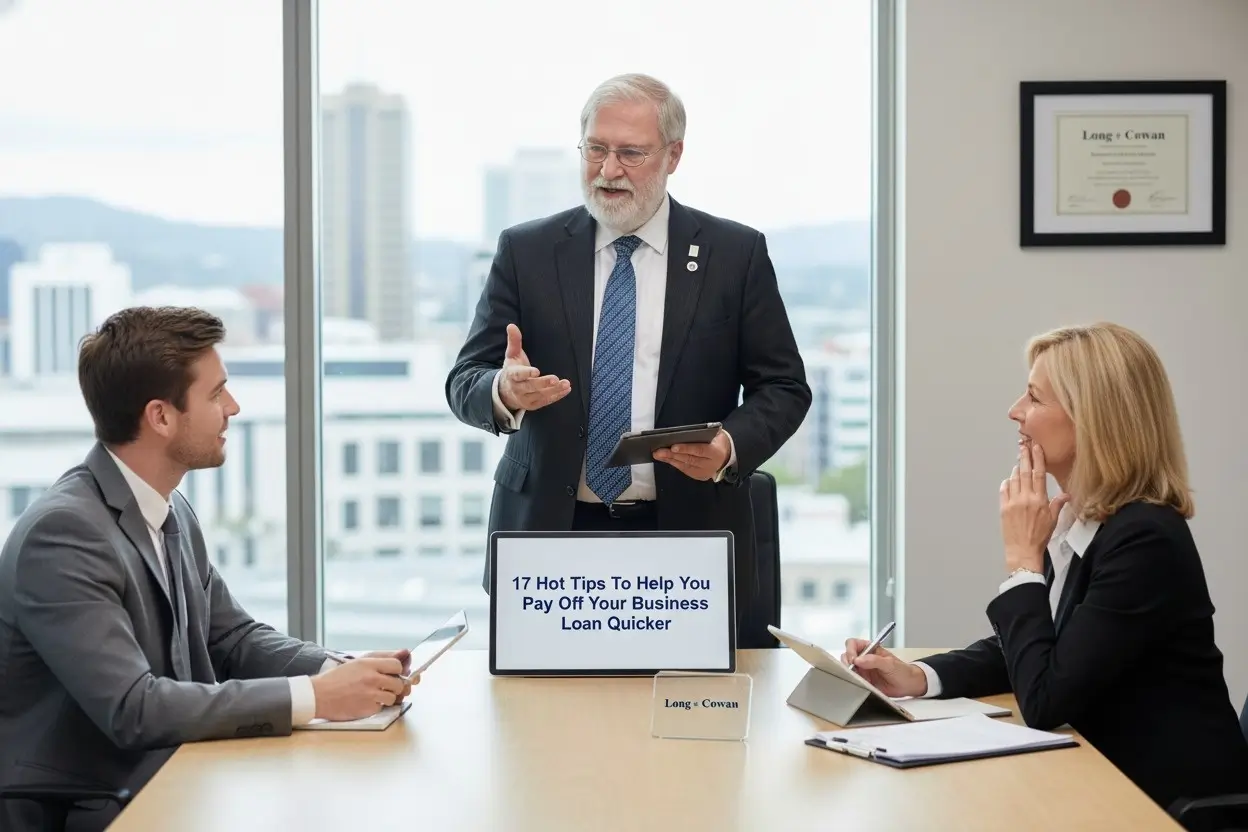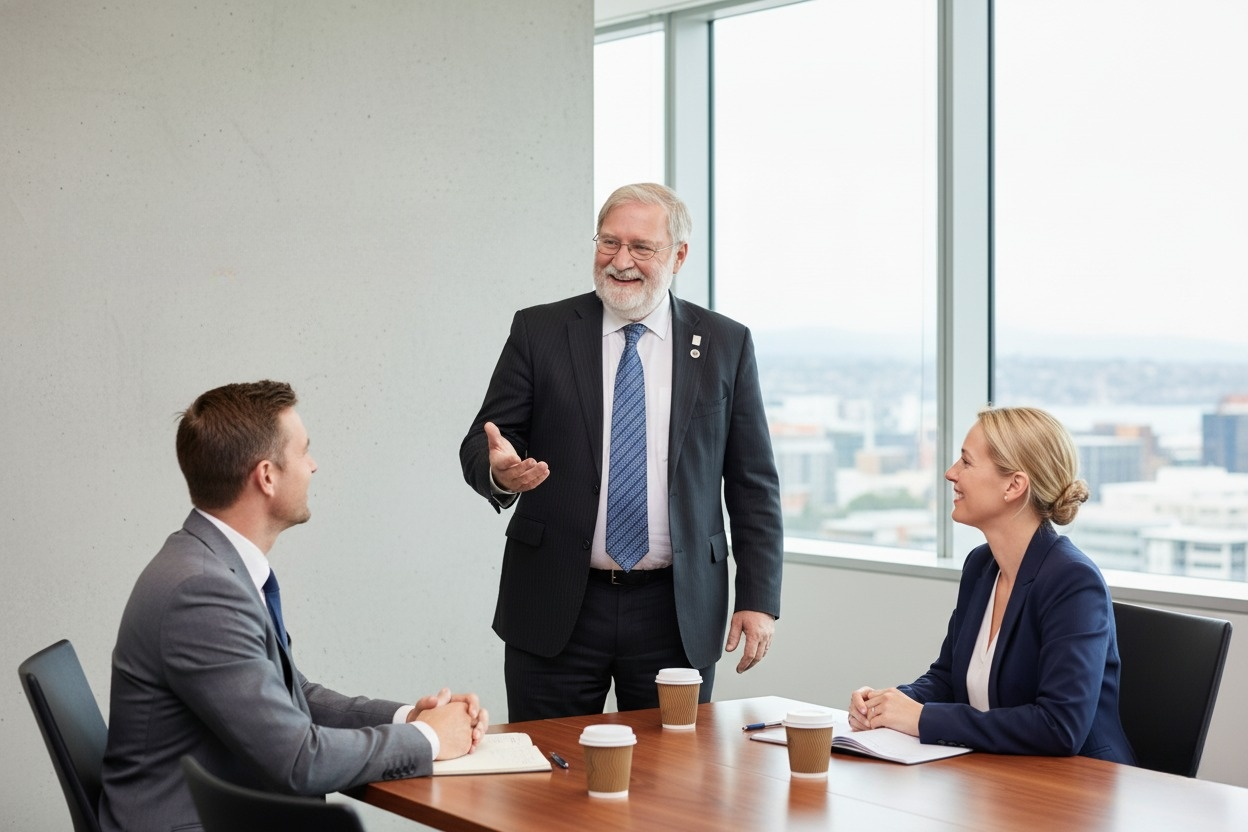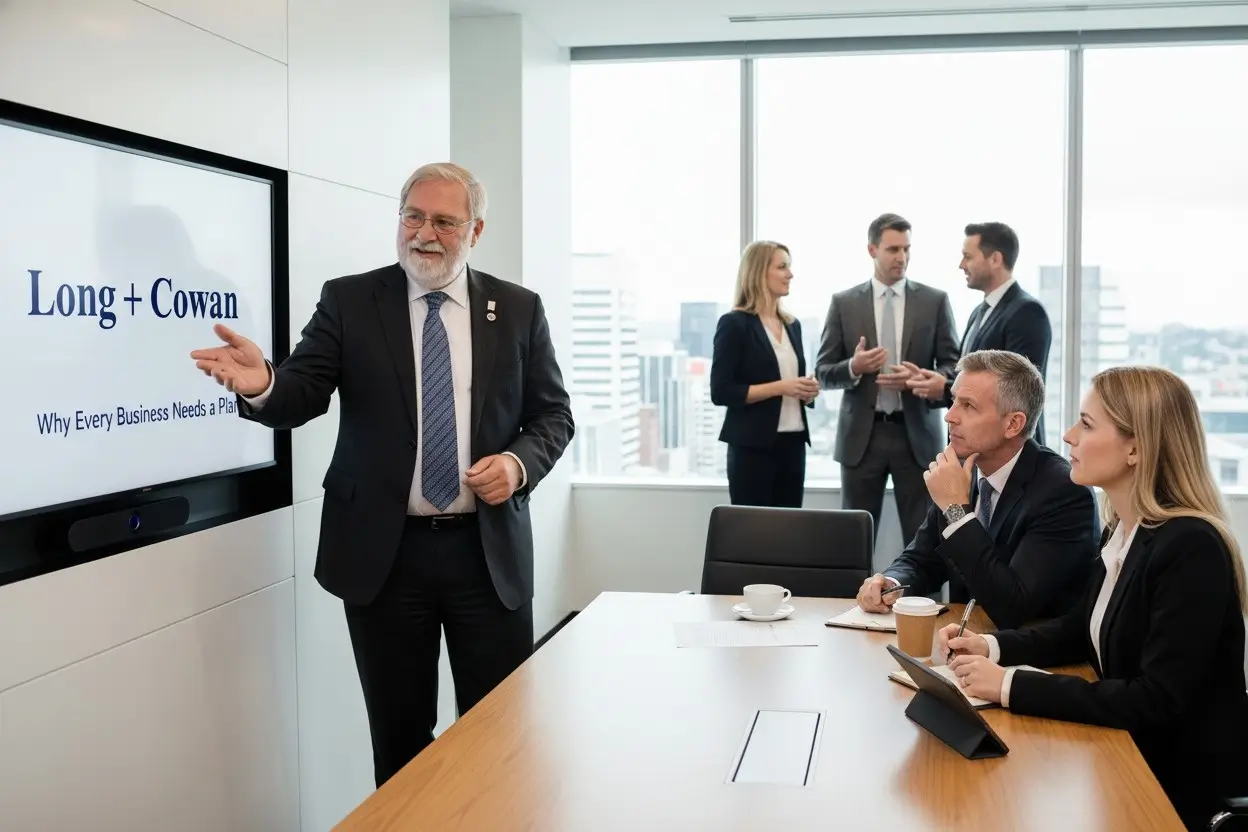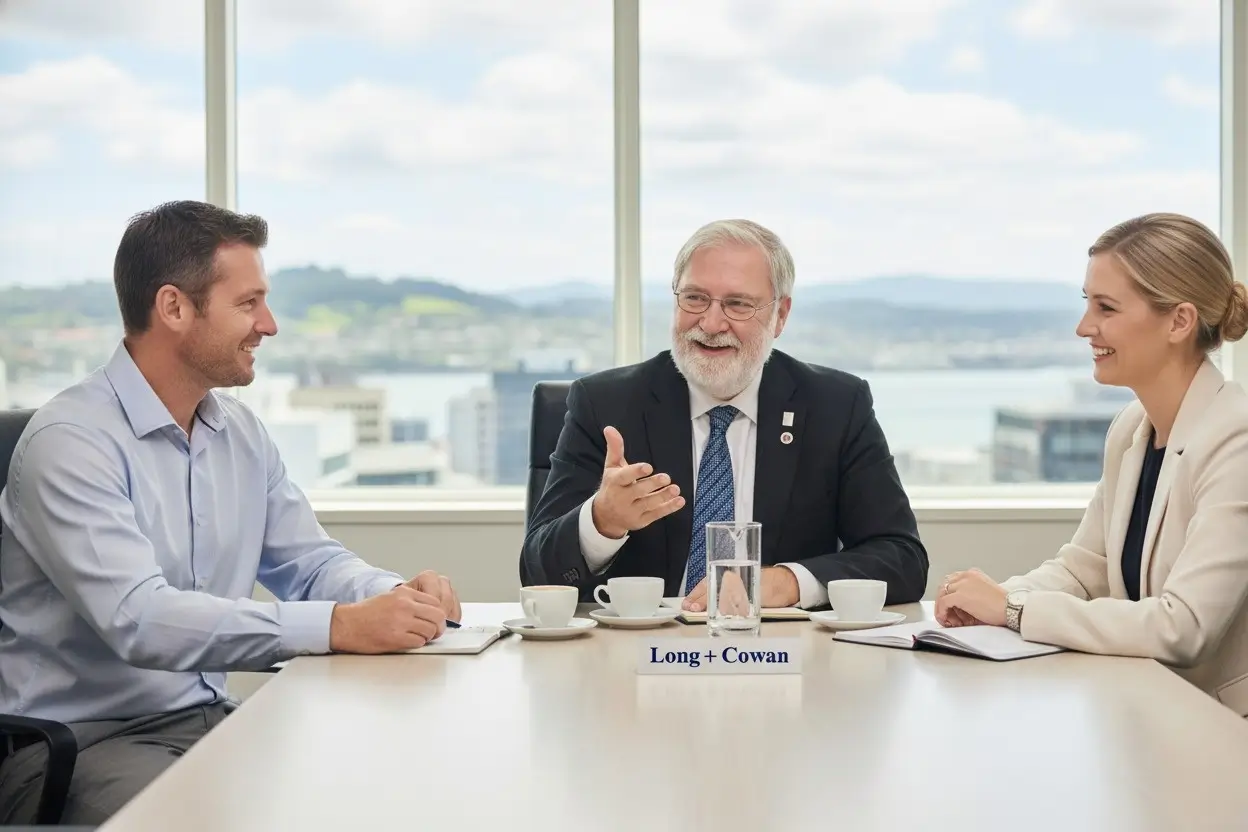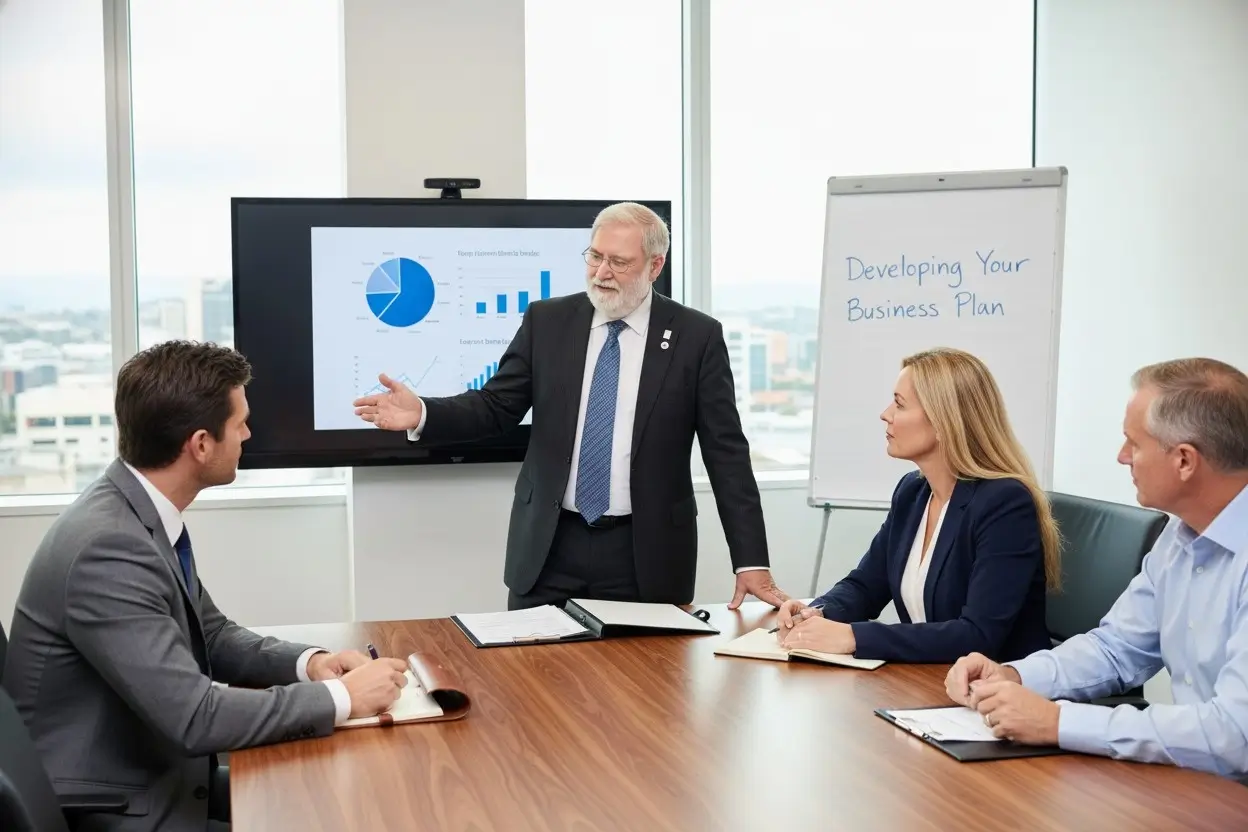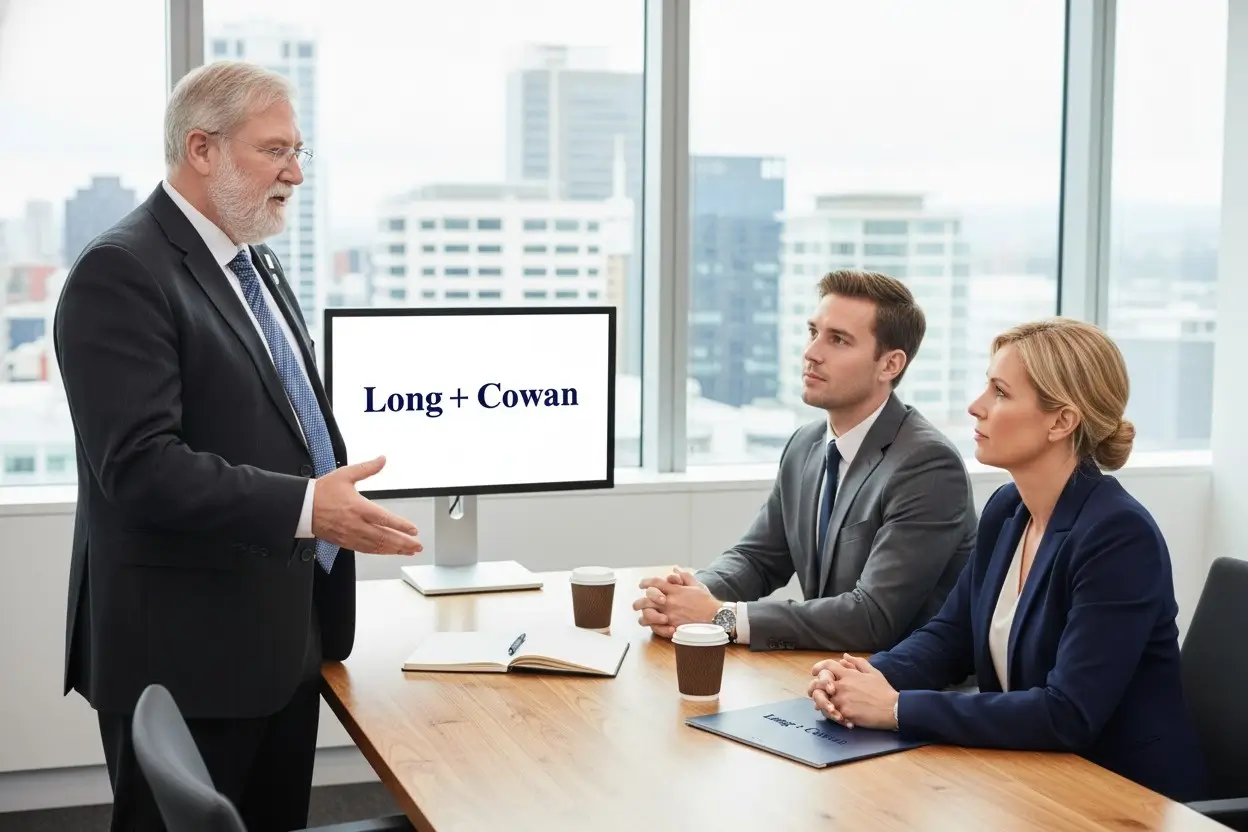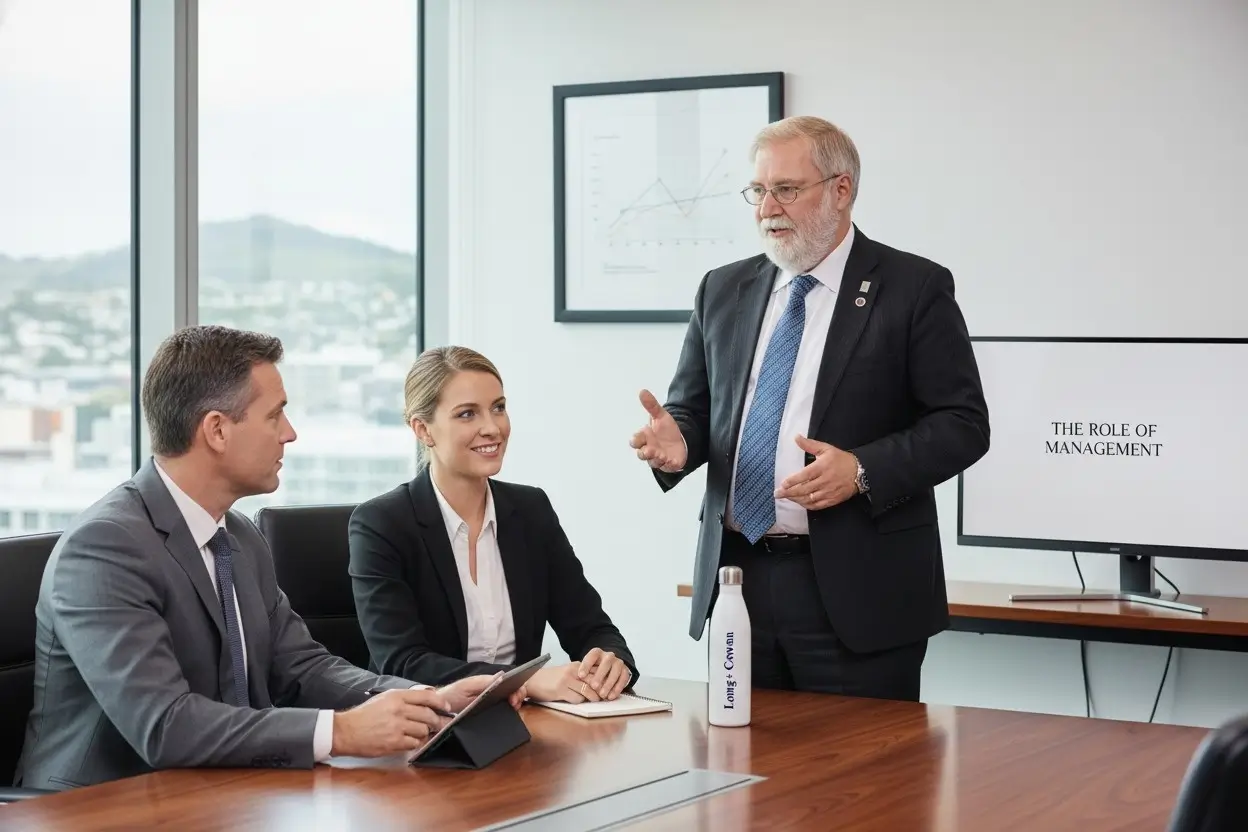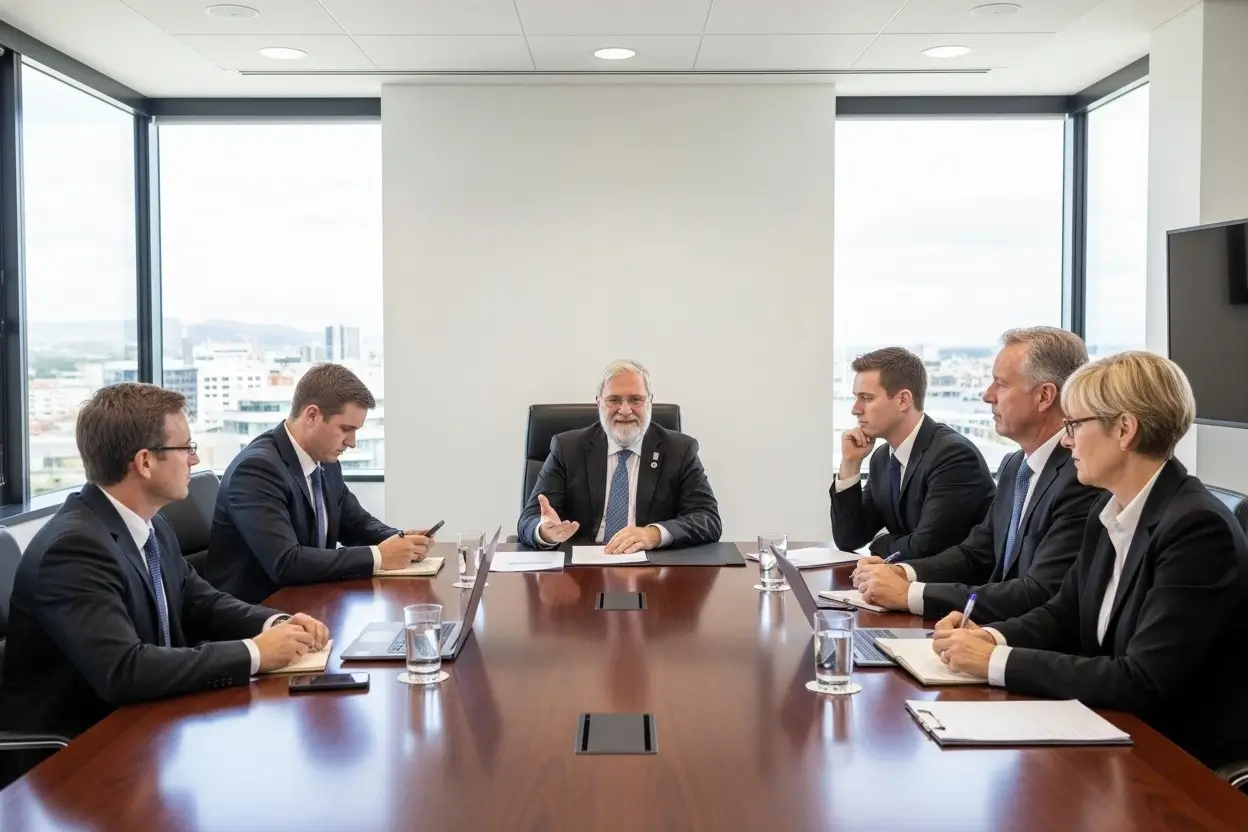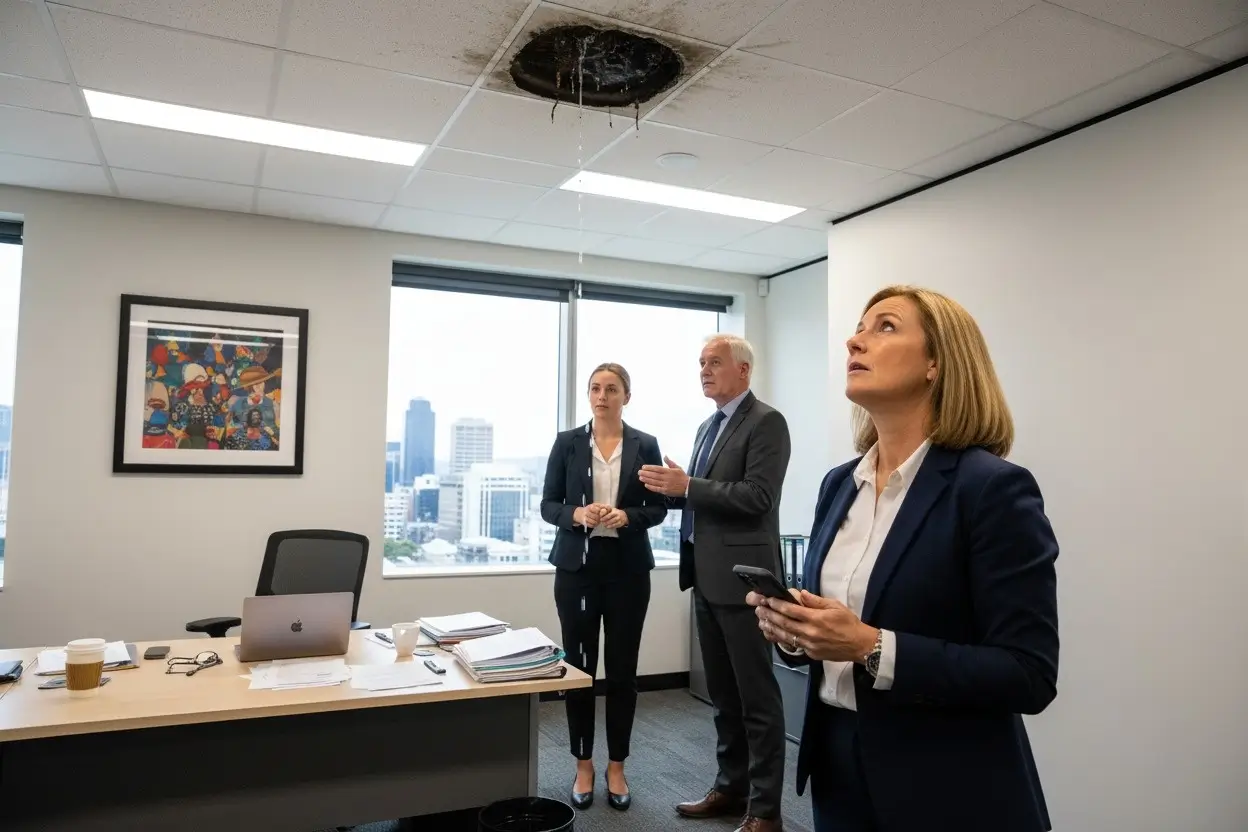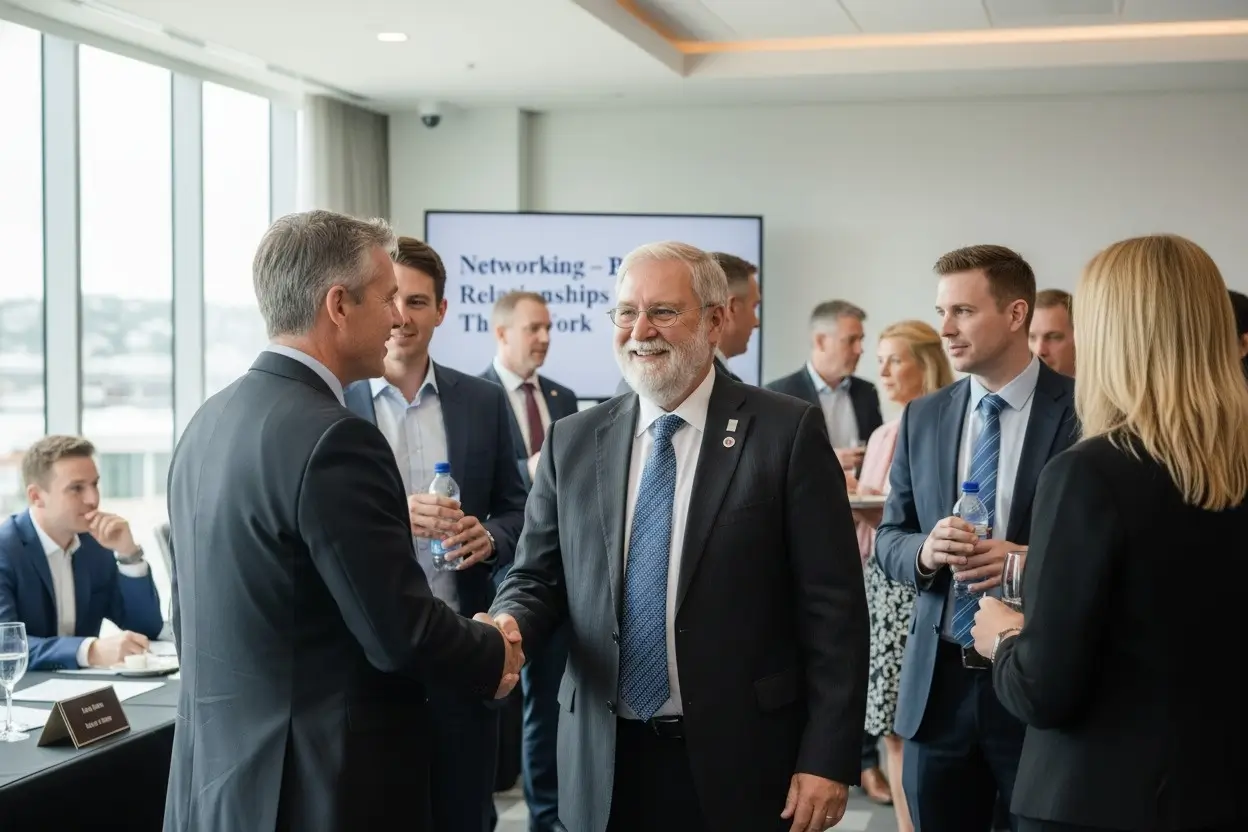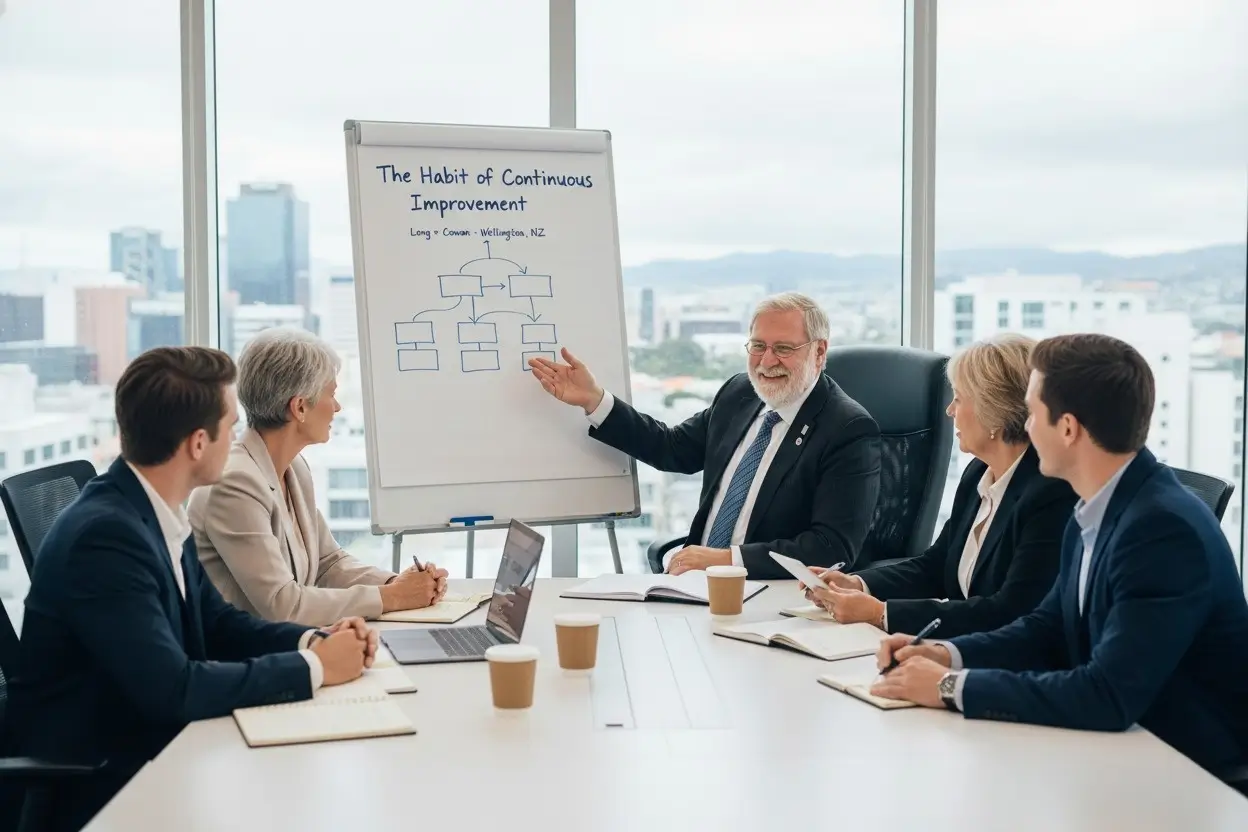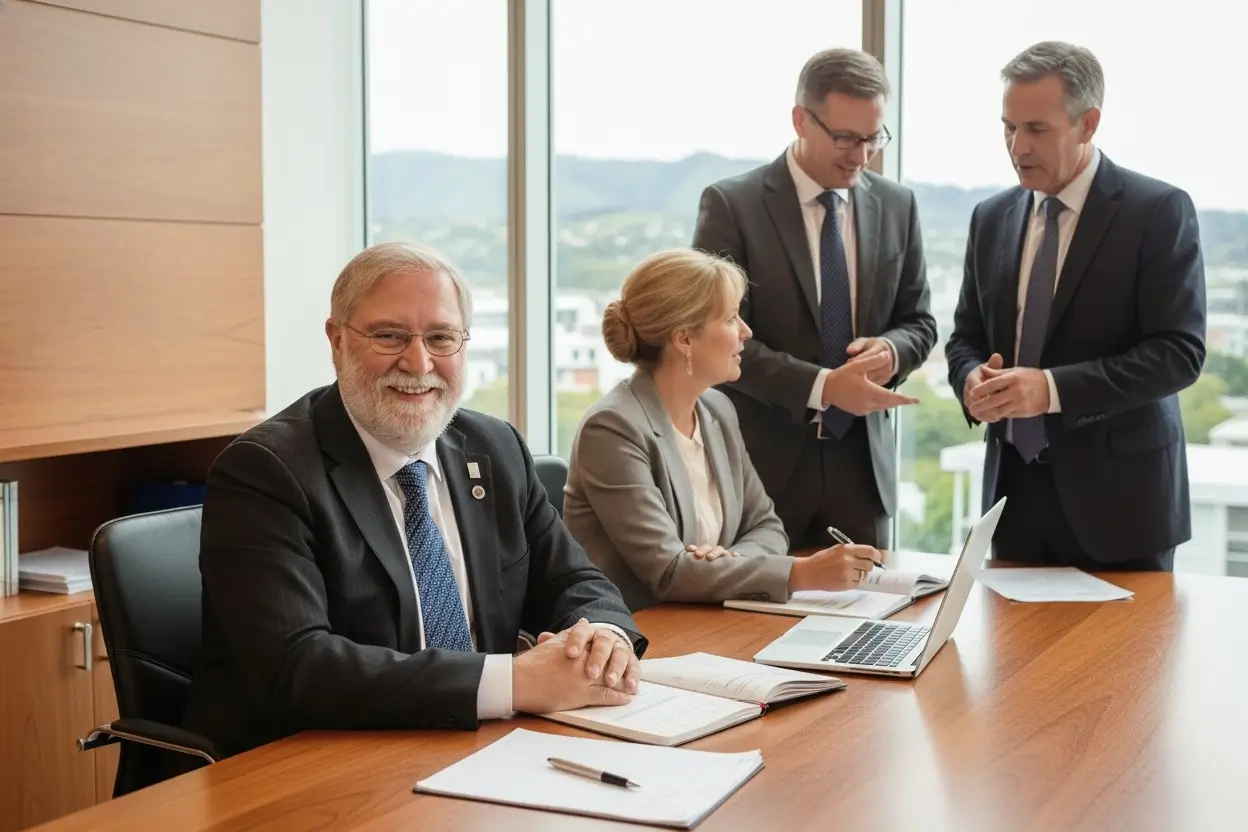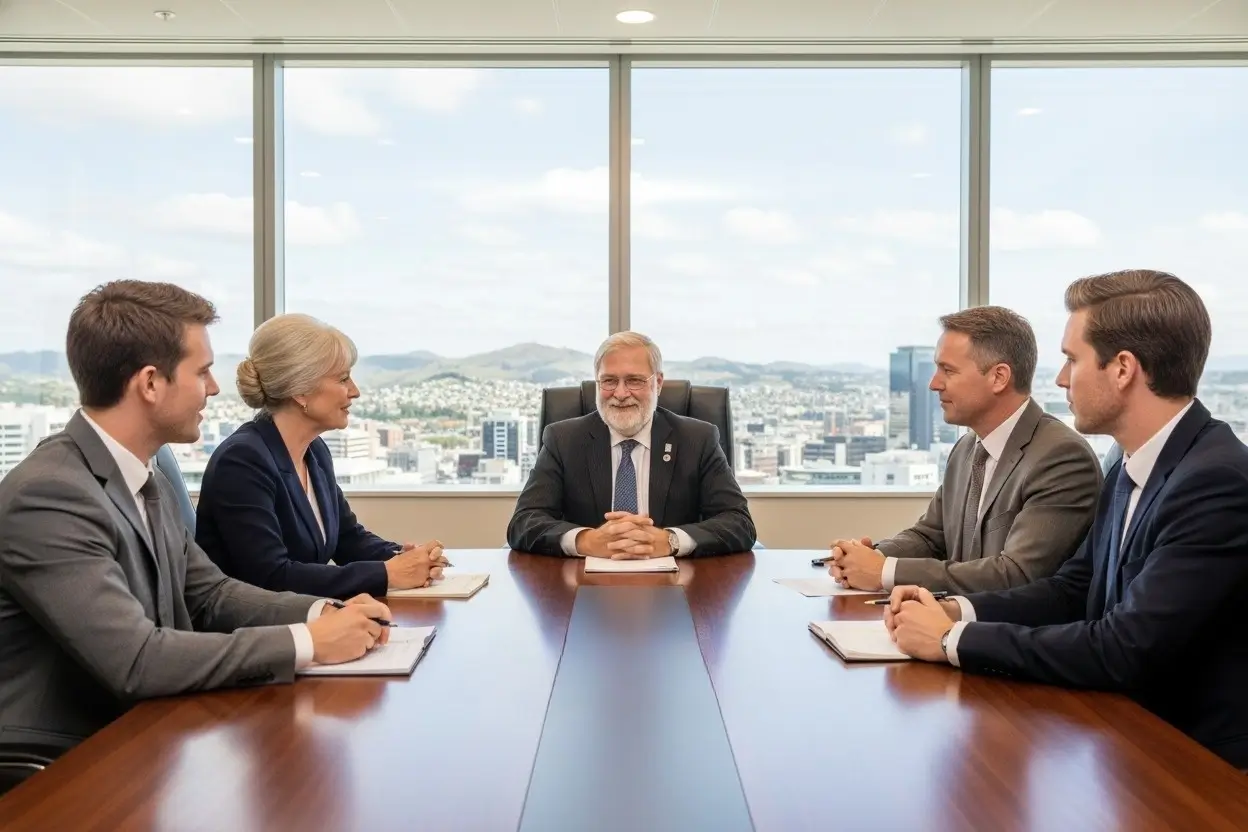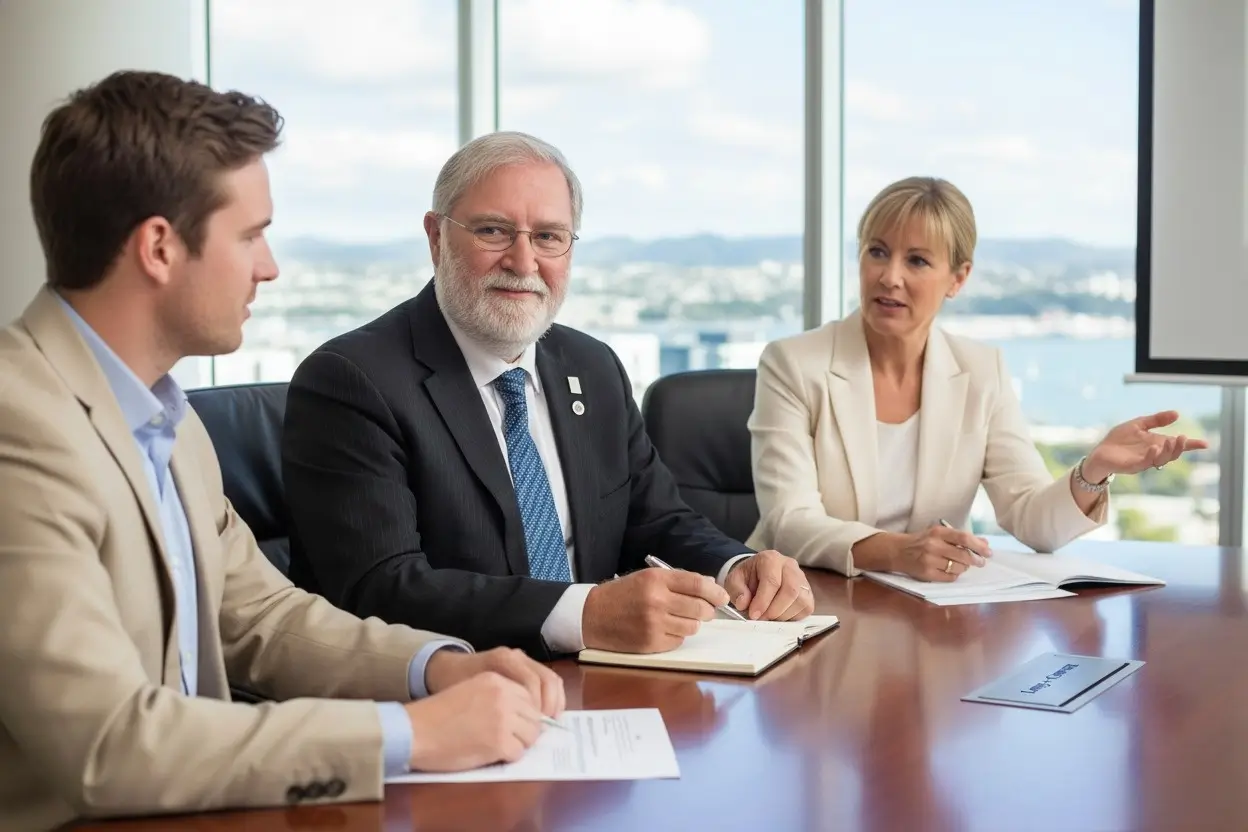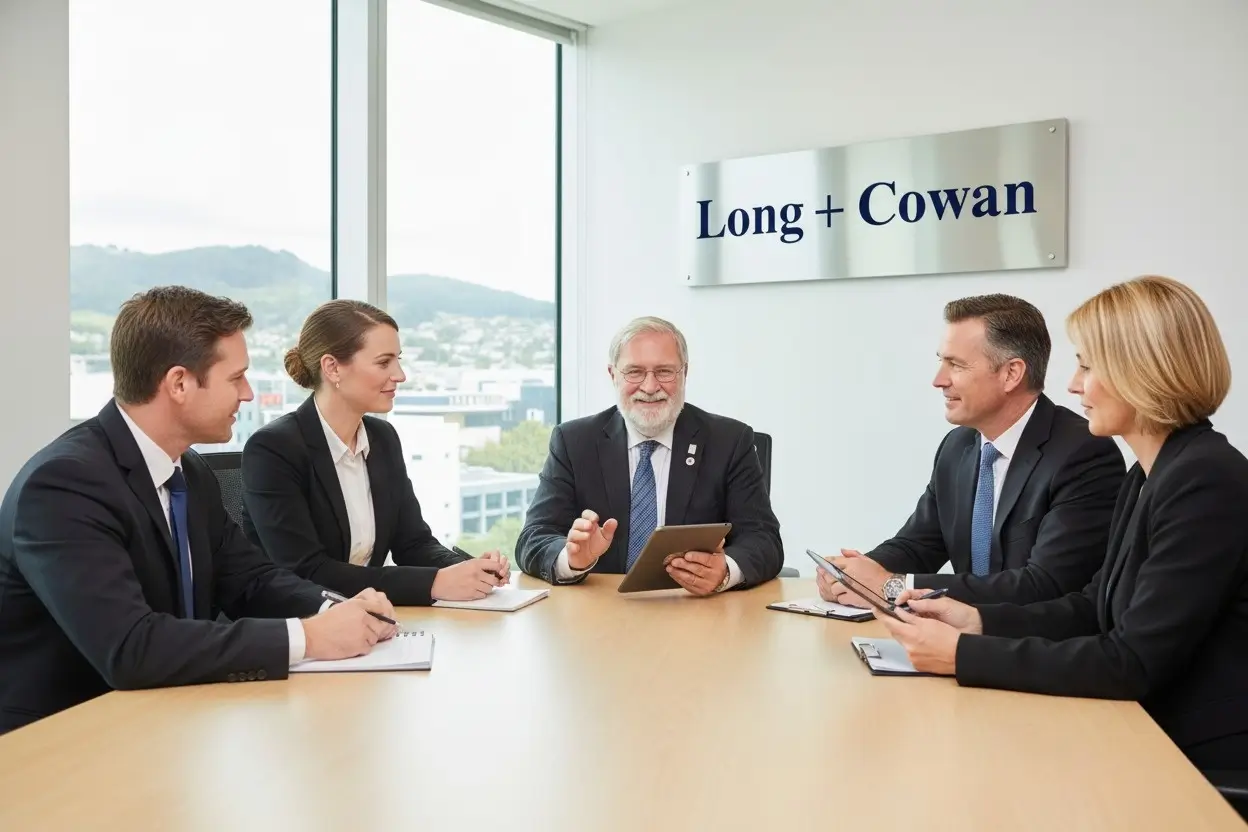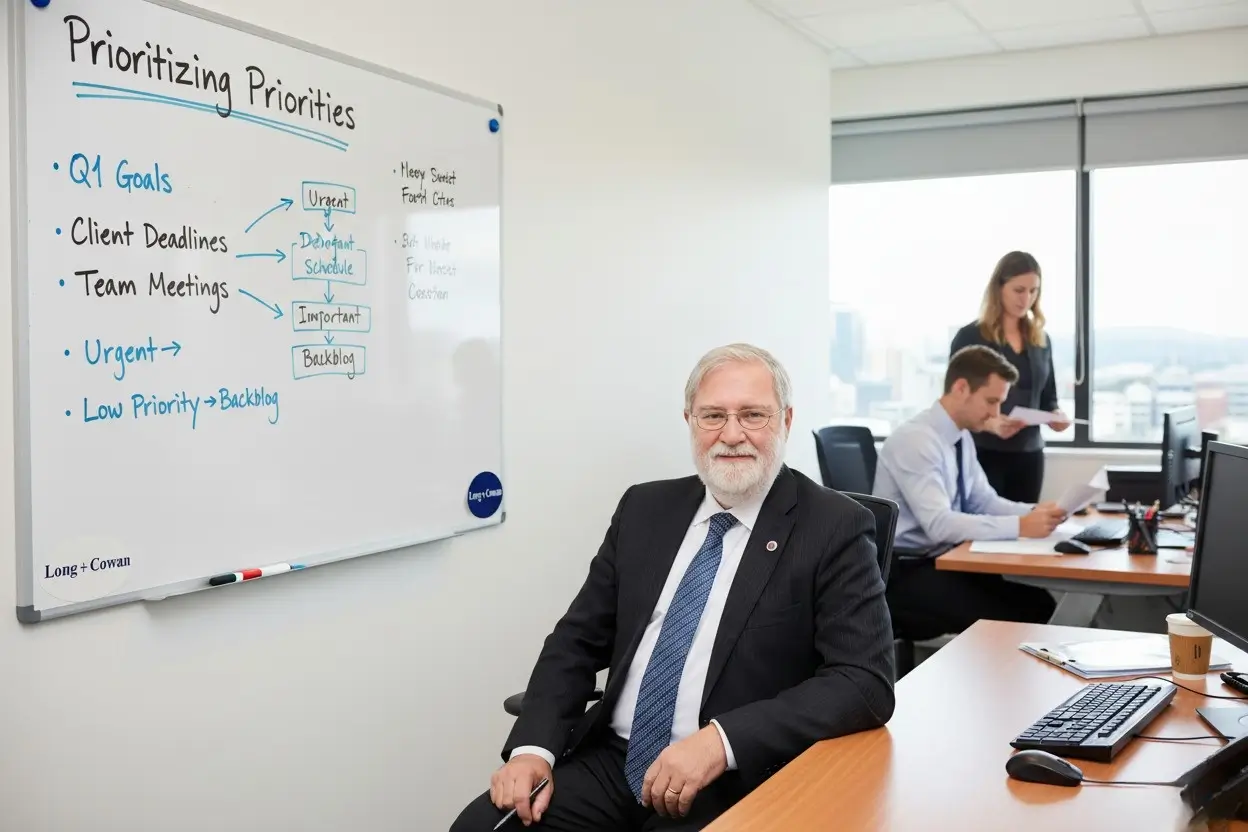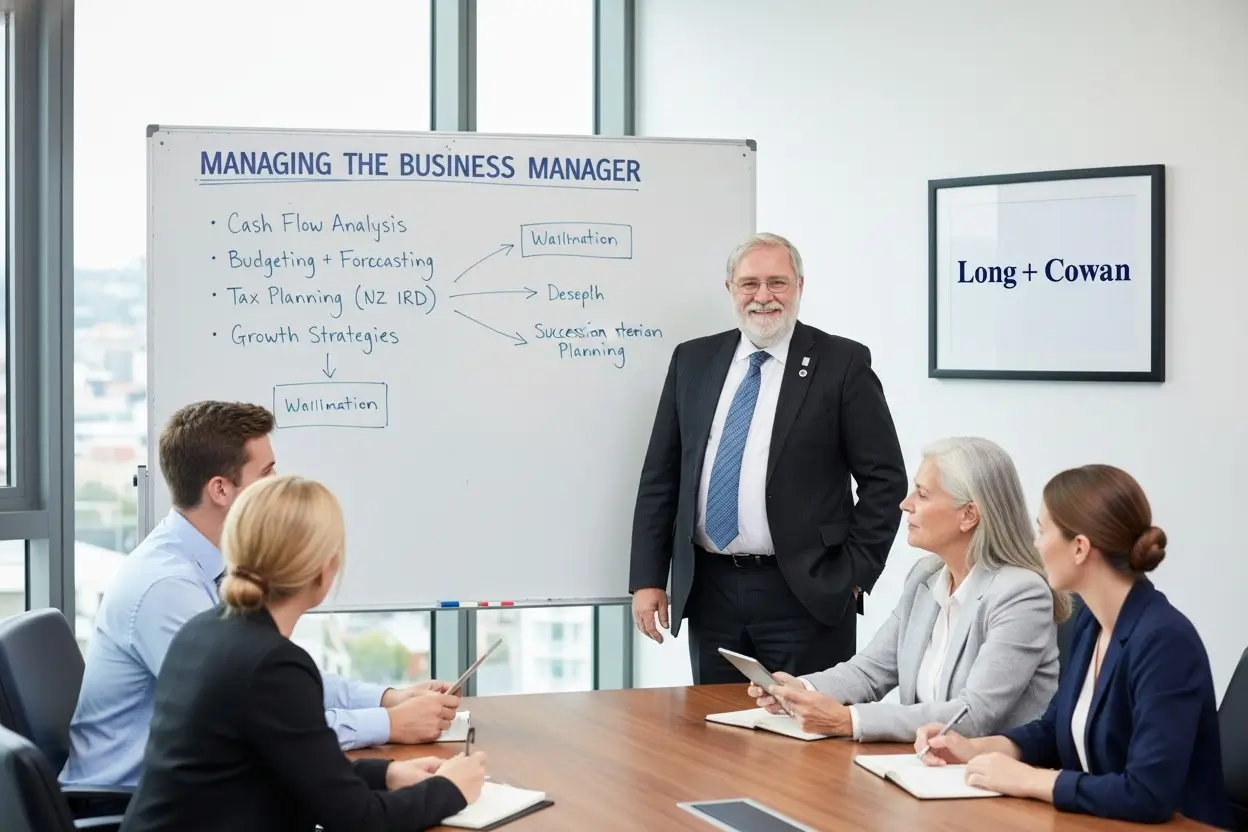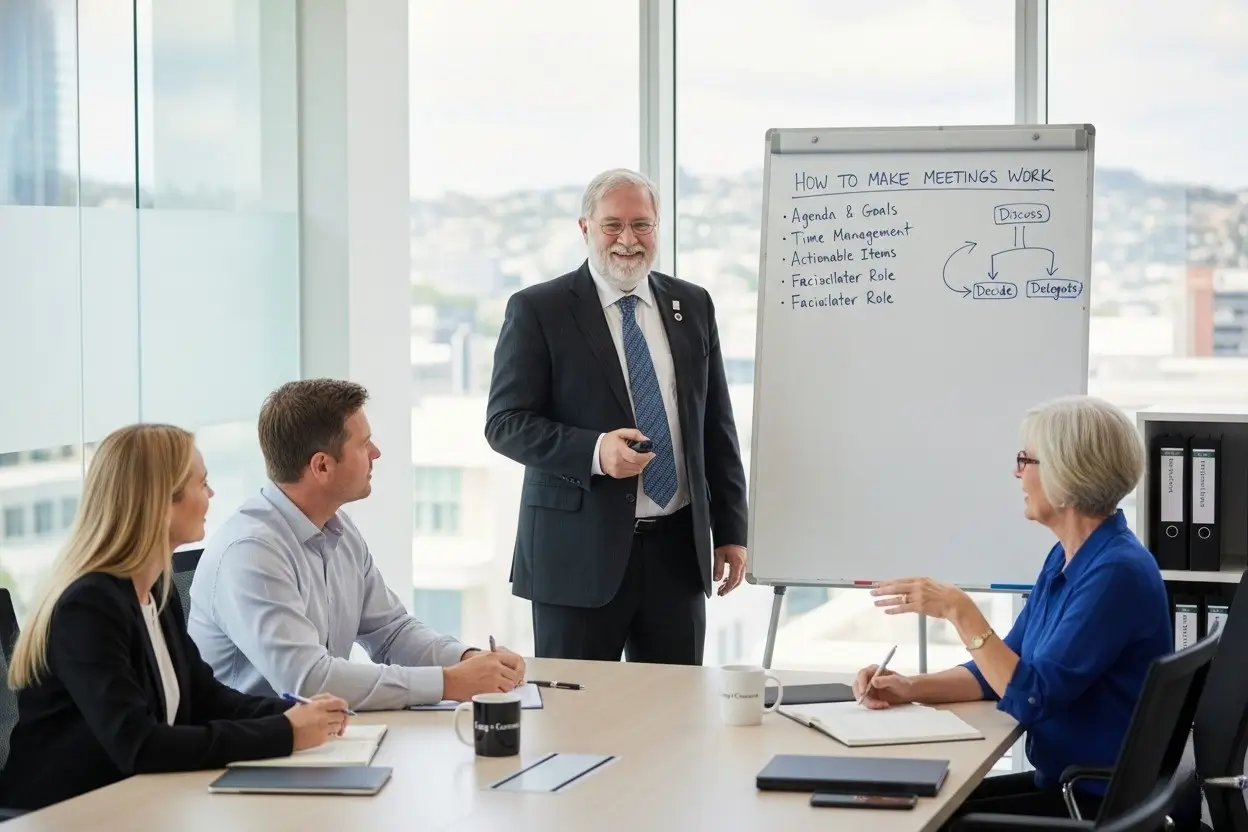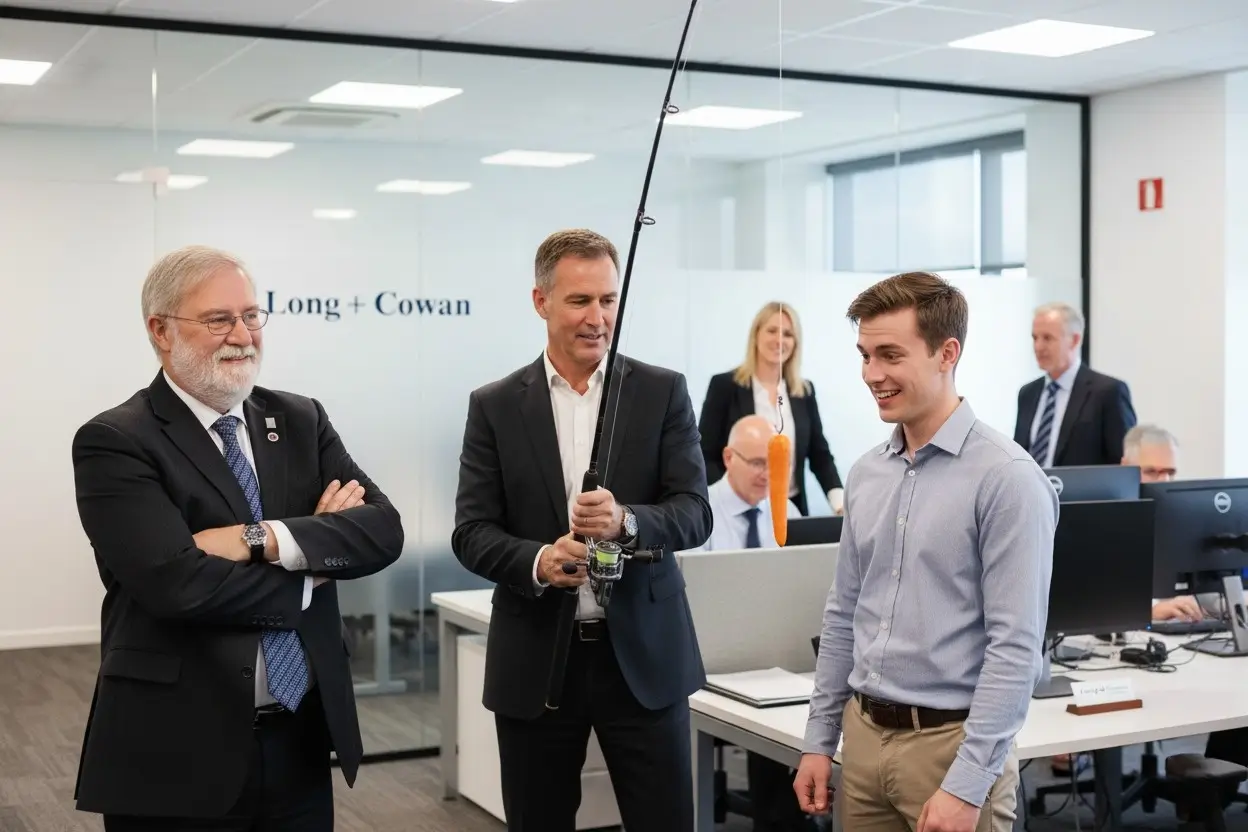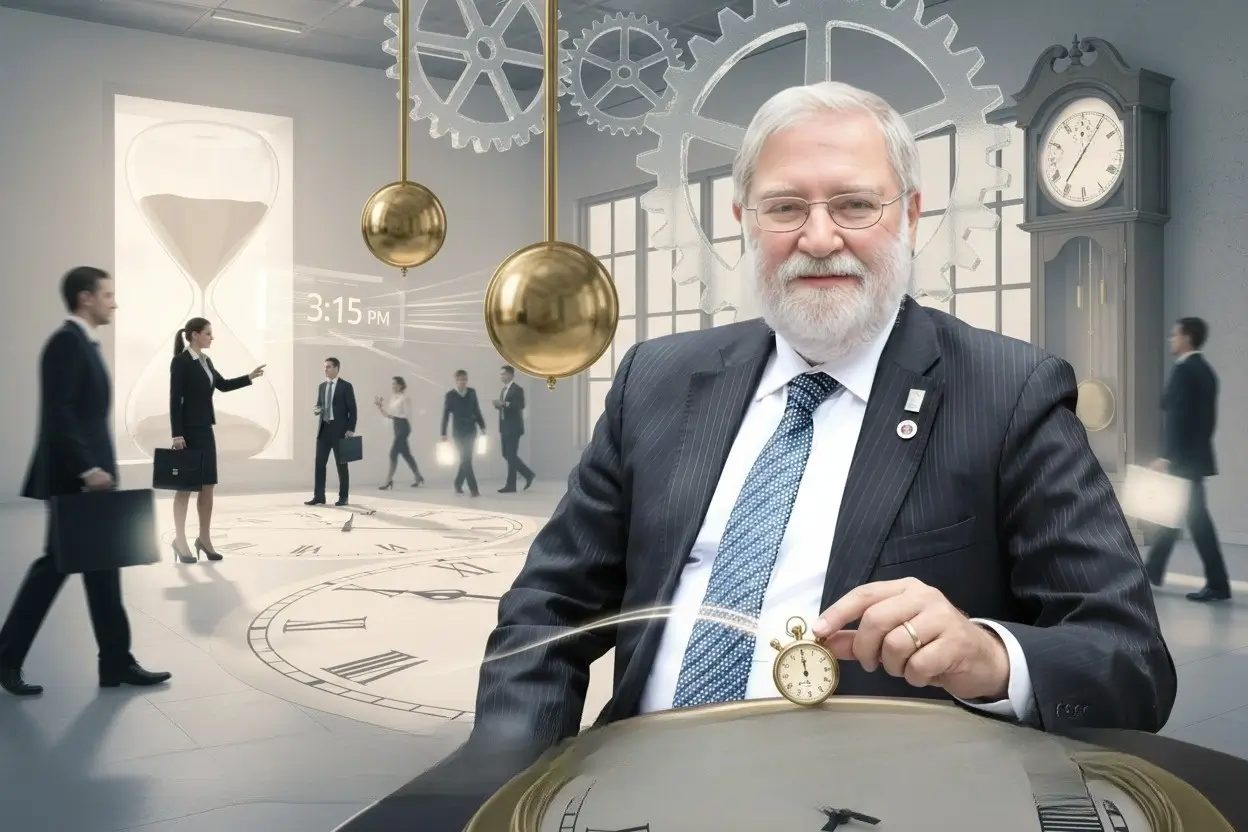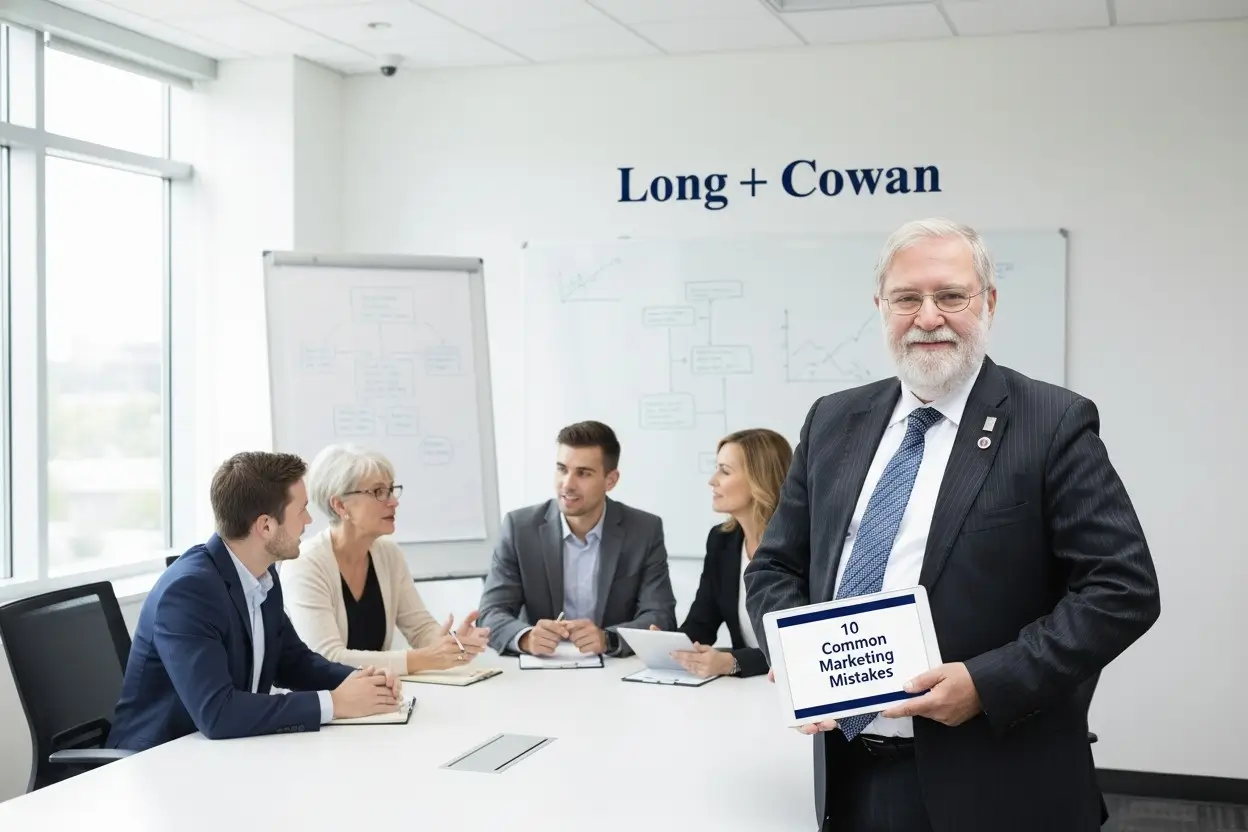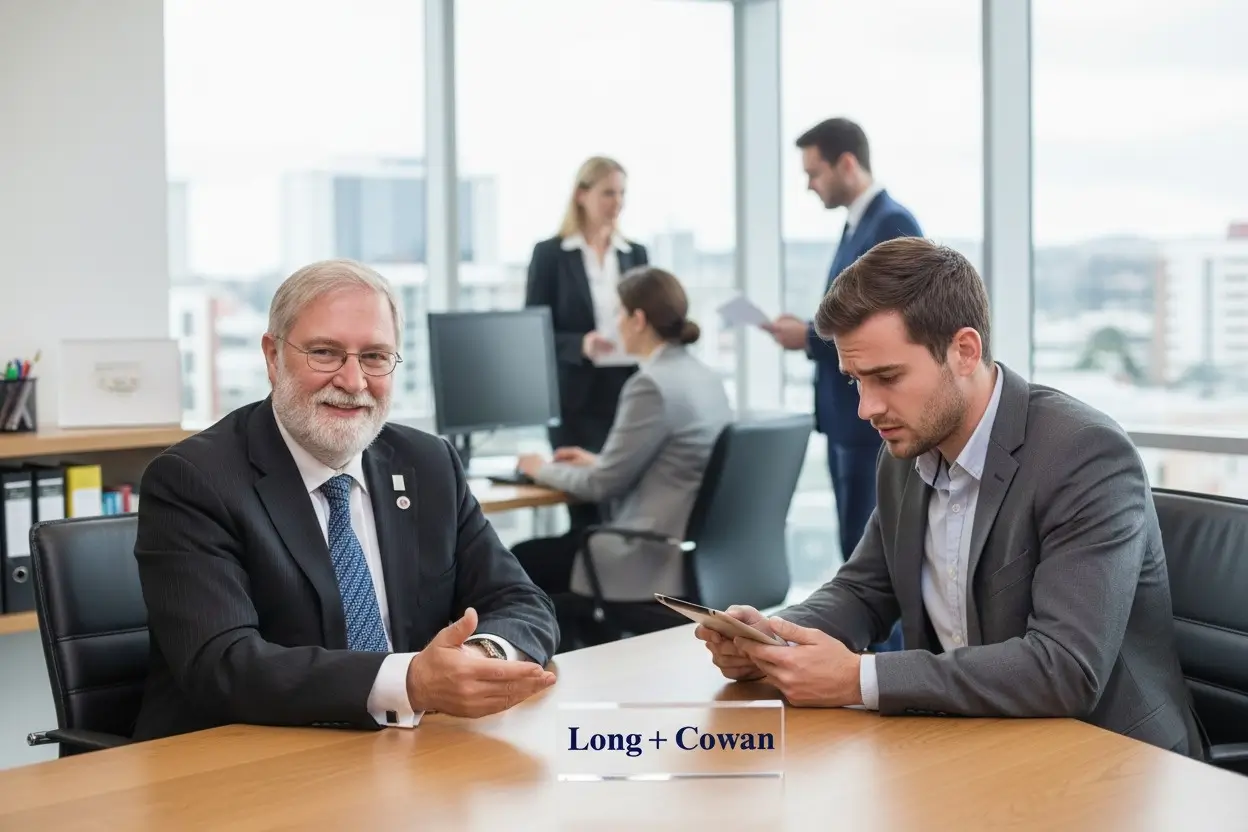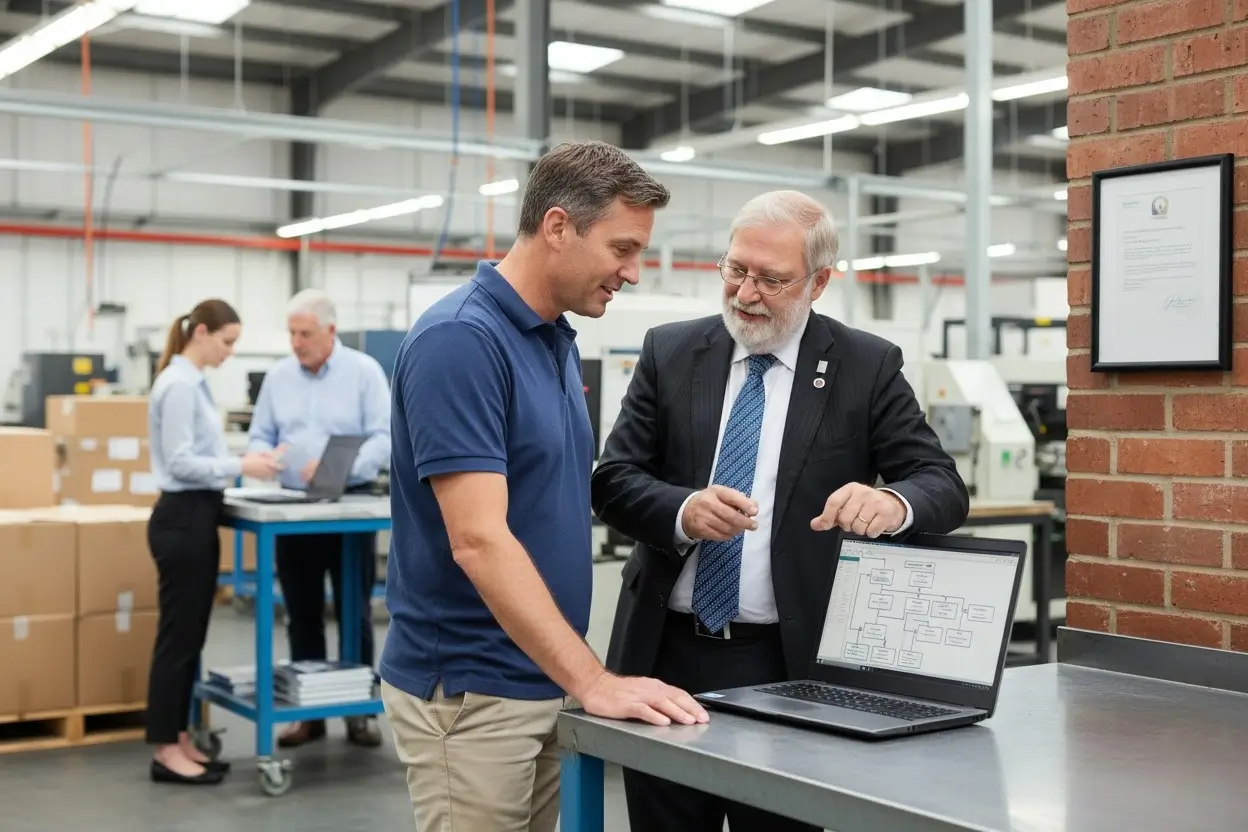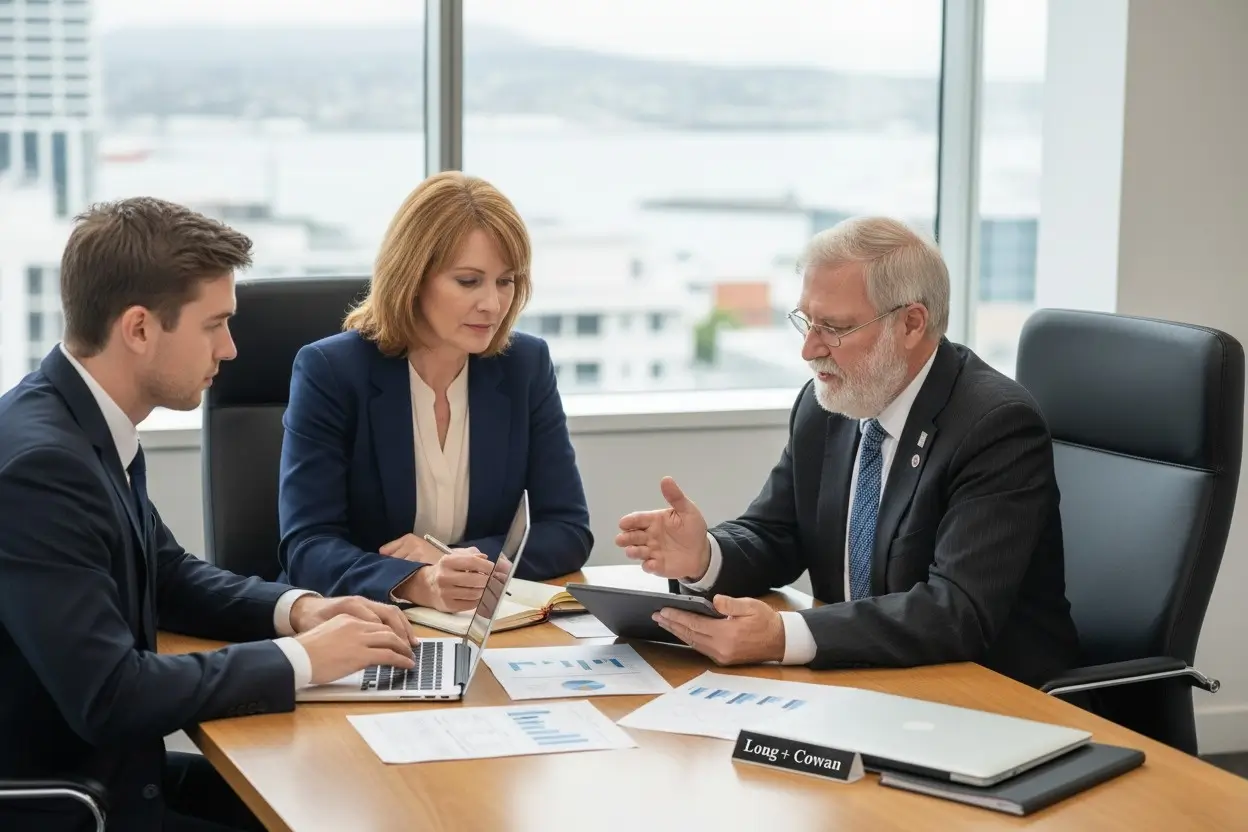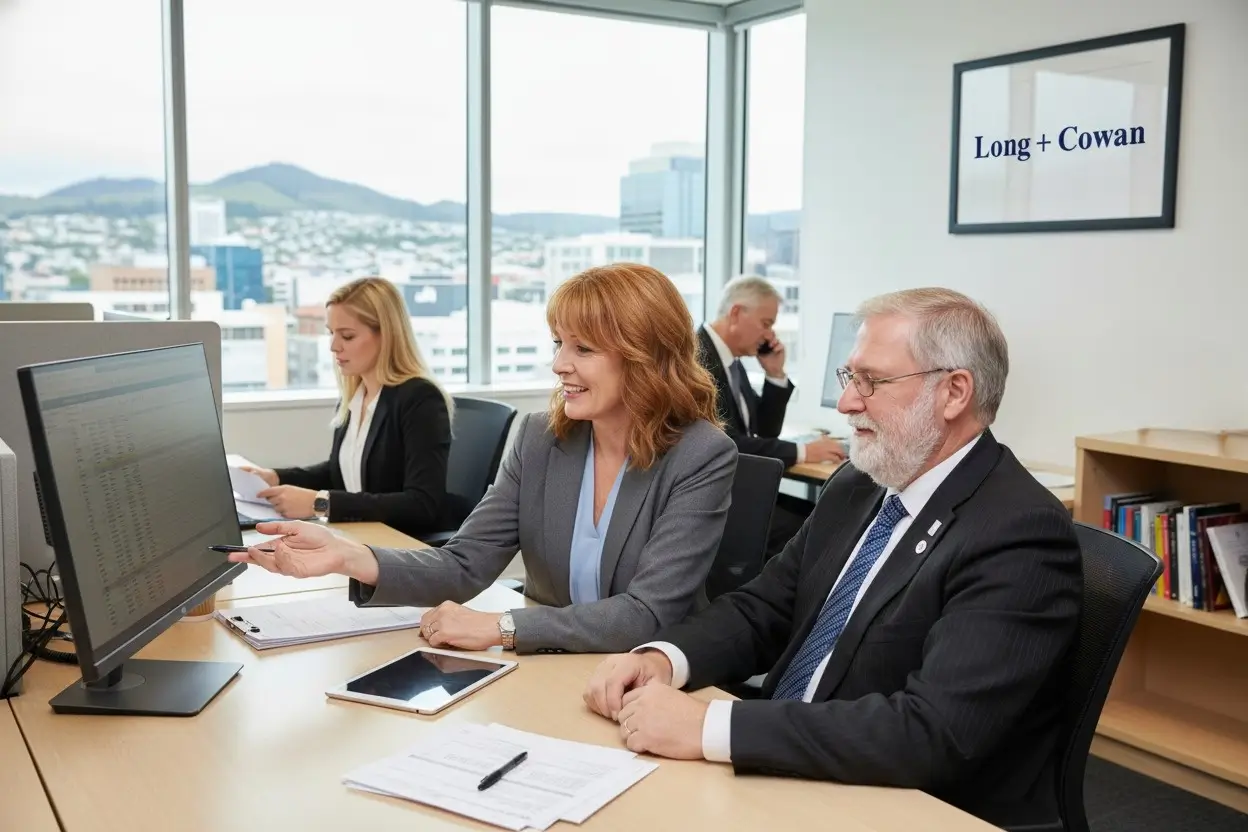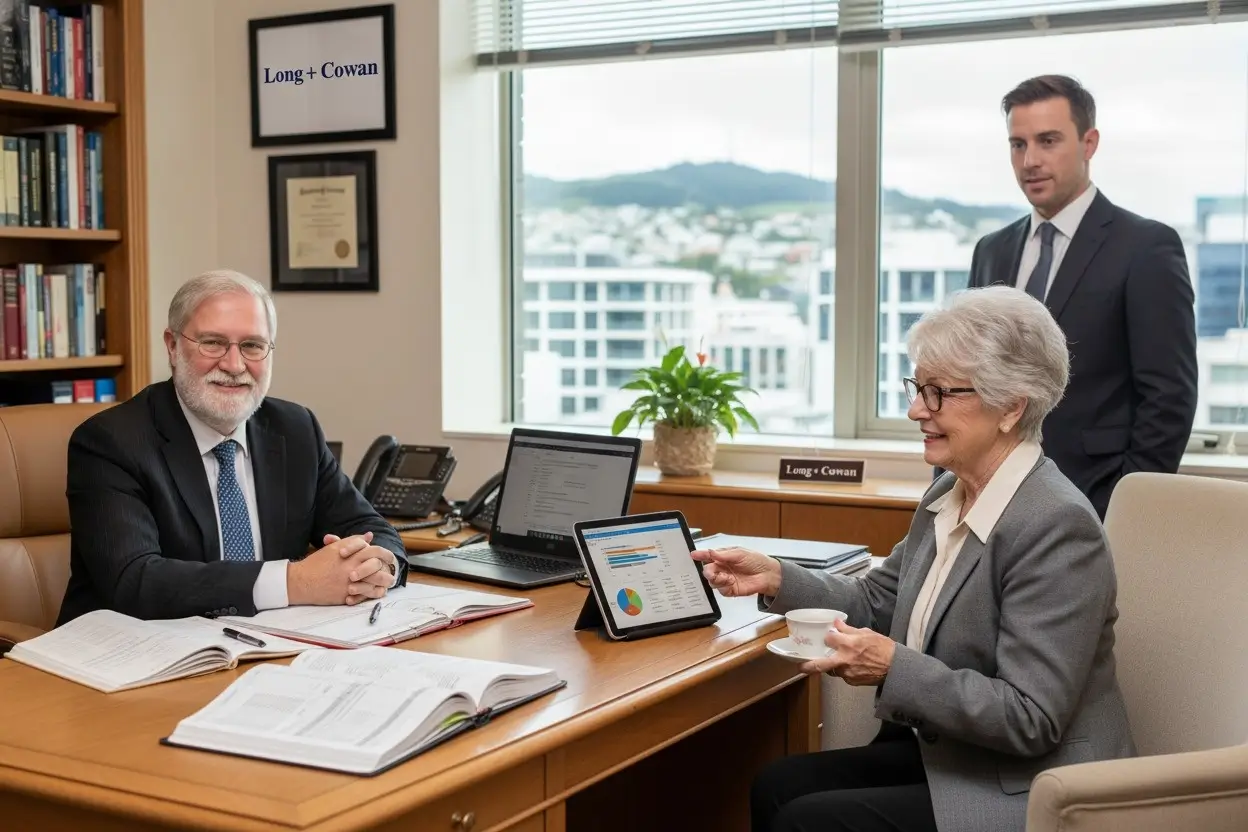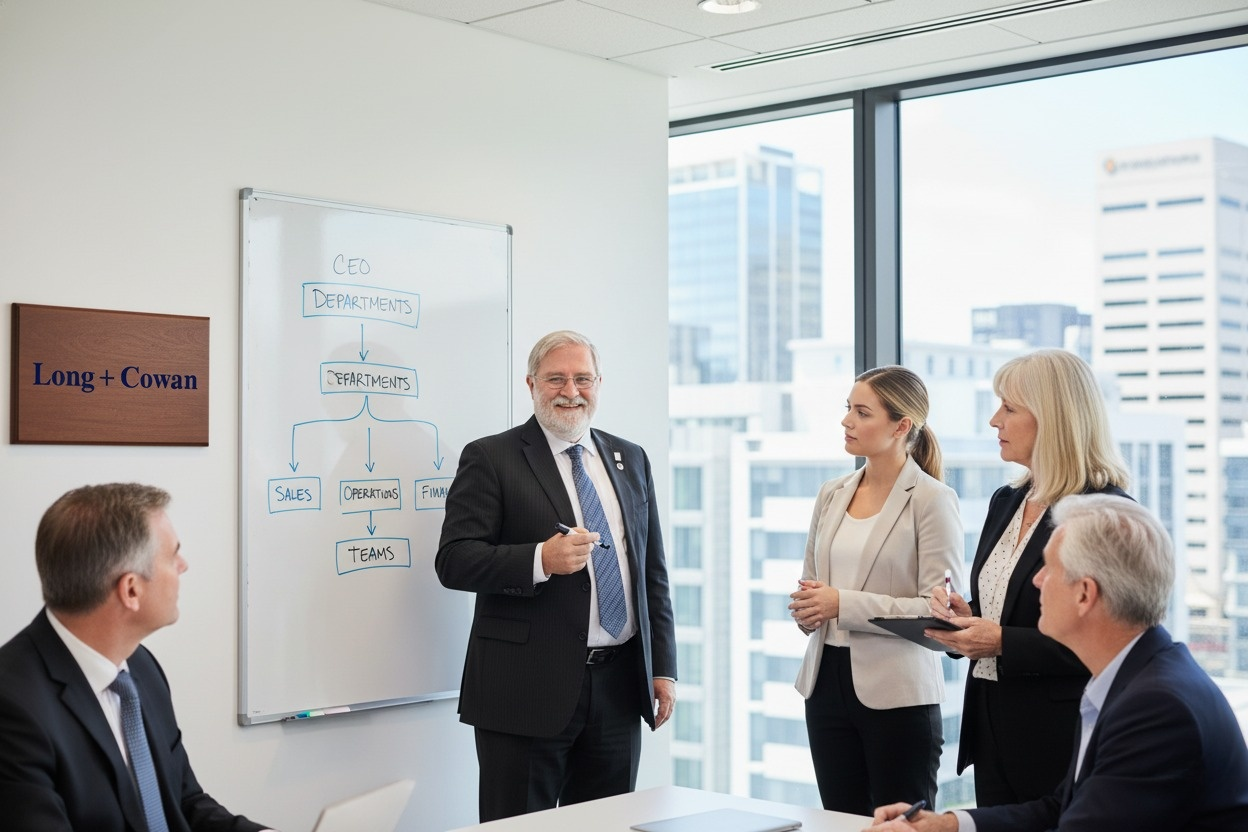n today’s competitive market, every interaction shapes how clients perceive your brand. The customer experience extends far beyond the sale; it covers every email, phone call, meeting, and invoice. At Long + Cowan, we see Wellington businesses thriving when they put the customer first in every process.
Positive experiences build loyalty, while poor ones drive customers away. For professional service firms, where relationships drive growth, consistent quality of experience is vital. Your reputation depends not only on technical skill but also on how easy you are to deal with.
Understanding What Customers Truly Value
Customers want three things above all: reliability, responsiveness, and respect. They expect businesses to do what they promise, to answer queries promptly, and to treat them as partners rather than transactions.
Meeting these expectations requires systems that prioritise communication. Simple actions—such as confirming appointments, explaining timeframes, and following up after completion—make a powerful impression. Customers who feel understood rarely look elsewhere.
The Role of Communication in Building Trust
Strong communication is the backbone of an excellent customer experience. Clarity prevents confusion and demonstrates professionalism. Avoid jargon and ensure every message is easy to understand.
Responding quickly also signals reliability. A short acknowledgement shows clients that you value their time. For Wellington professionals, even small improvements in response speed can elevate customer satisfaction and referral rates.
Creating Consistency Across All Touchpoints
Customers expect a seamless journey. Whether they phone your office, visit your website, or read an invoice, the experience should feel consistent. Consistency reduces uncertainty and reinforces trust.
Standardise tone, design, and process across all platforms. When clients encounter the same level of service and quality every time, they gain confidence in your business. That trust is the foundation of long-term loyalty.
Listening Before Acting
Listening remains the most powerful customer service skill. By genuinely understanding client needs before offering solutions, you prevent frustration and wasted effort. Every conversation is an opportunity to learn.
Encourage staff to ask clarifying questions and summarise what they hear. This approach not only reduces errors but also shows empathy. Customers who feel heard are more cooperative and satisfied with the result.
Personalising the Customer Experience
While systems create consistency, personalisation creates connection. Use your client data wisely to tailor communication. Remember birthdays, business anniversaries, or key project milestones.
Simple personal touches—like addressing clients by name and referencing previous conversations—make interactions meaningful. People prefer to work with professionals who treat them as individuals rather than file numbers.
Technology That Enhances Service Quality
Technology should simplify customer interaction, not complicate it. Cloud platforms such as Xero or MYOB allow real-time collaboration, reducing delays and misunderstandings. Secure portals streamline document sharing and protect sensitive information.
Automation can handle repetitive tasks like reminders or confirmations, freeing your team to focus on relationship-building. When applied correctly, technology complements human service rather than replacing it.
Training Teams for Client Awareness
Excellent customer service begins with trained, engaged staff. Everyone—from reception to management—affects the customer experience. Regular workshops on empathy, communication, and process awareness ensure consistent standards.
Provide real examples of client feedback and discuss how to improve outcomes. Training turns theory into habit. Staff who understand the value of each interaction naturally deliver better service.
Managing Expectations Through Transparency
Disappointment often results from unclear expectations. Set realistic timelines and communicate potential obstacles early. Customers appreciate honesty far more than silence. If delays occur, update clients immediately and outline the next steps.
Transparency creates credibility. It tells customers you are in control, even when challenges arise. Businesses that manage expectations effectively maintain trust during difficult periods.
Encouraging Feedback for Continuous Improvement
Feedback provides the roadmap for growth. Encourage clients to share their experiences through surveys, informal discussions, or post-project reviews. Treat every comment as an opportunity to refine your process.
Analyse feedback patterns and prioritise changes that enhance ease of doing business. Long + Cowan clients who implement feedback systems consistently report better retention and referral rates.
Aligning Internal Processes with Client Needs
Customer service fails when internal systems do not match customer expectations. Review your workflow from the client’s perspective. Are forms clear? Are response times reasonable? Is payment processing simple?
Streamlining processes not only saves time but also improves satisfaction. The smoother your operations, the easier it is for clients to continue working with you.
Turning Complaints into Opportunities
No business is perfect. Complaints will happen, but how you handle them determines whether you lose or retain the customer. Address issues promptly, listen carefully, and propose practical solutions. Follow up afterward to confirm satisfaction.
Handled correctly, a resolved complaint can strengthen a relationship. Clients remember effort and integrity more than mistakes. Turning negatives into positives builds resilience and reputation.
Rewarding Loyalty and Referrals
Recognising loyal clients encourages repeat business. Simple gestures such as thank-you notes, referral acknowledgements, or exclusive updates remind clients they are valued.
Develop a structured approach to client appreciation. Loyalty grows when customers see genuine gratitude for their continued support. Rewarding repeat business also reinforces word-of-mouth marketing, one of Wellington’s strongest growth channels.
Applying These Principles Across Wellington
Across Wellington Central, Te Aro, and surrounding suburbs, professional service firms compete not only on price but on the quality of their relationships. Businesses that focus on enhancing the customer experience consistently outperform those that do not.
Adopting structured communication systems, training staff, and maintaining transparency transforms service from a basic function into a strategic advantage. Exceptional experience drives retention, referrals, and long-term stability.
Partnering to Improve Client Relationships
Long + Cowan works with Wellington businesses to strengthen client relationships through better systems and financial insight. We help firms align communication, workflow, and service delivery so customers remain informed, satisfied, and loyal.
For professional guidance on refining your customer management systems, contact us for more info by filling in an enquiry form or e-mailing or calling us during office hours. When you improve the experience, you improve the results.

